SECONDARY NEWS
From the Assistant Principal
Miss Kim Bailey
kbailey@arm.catholic.edu.au
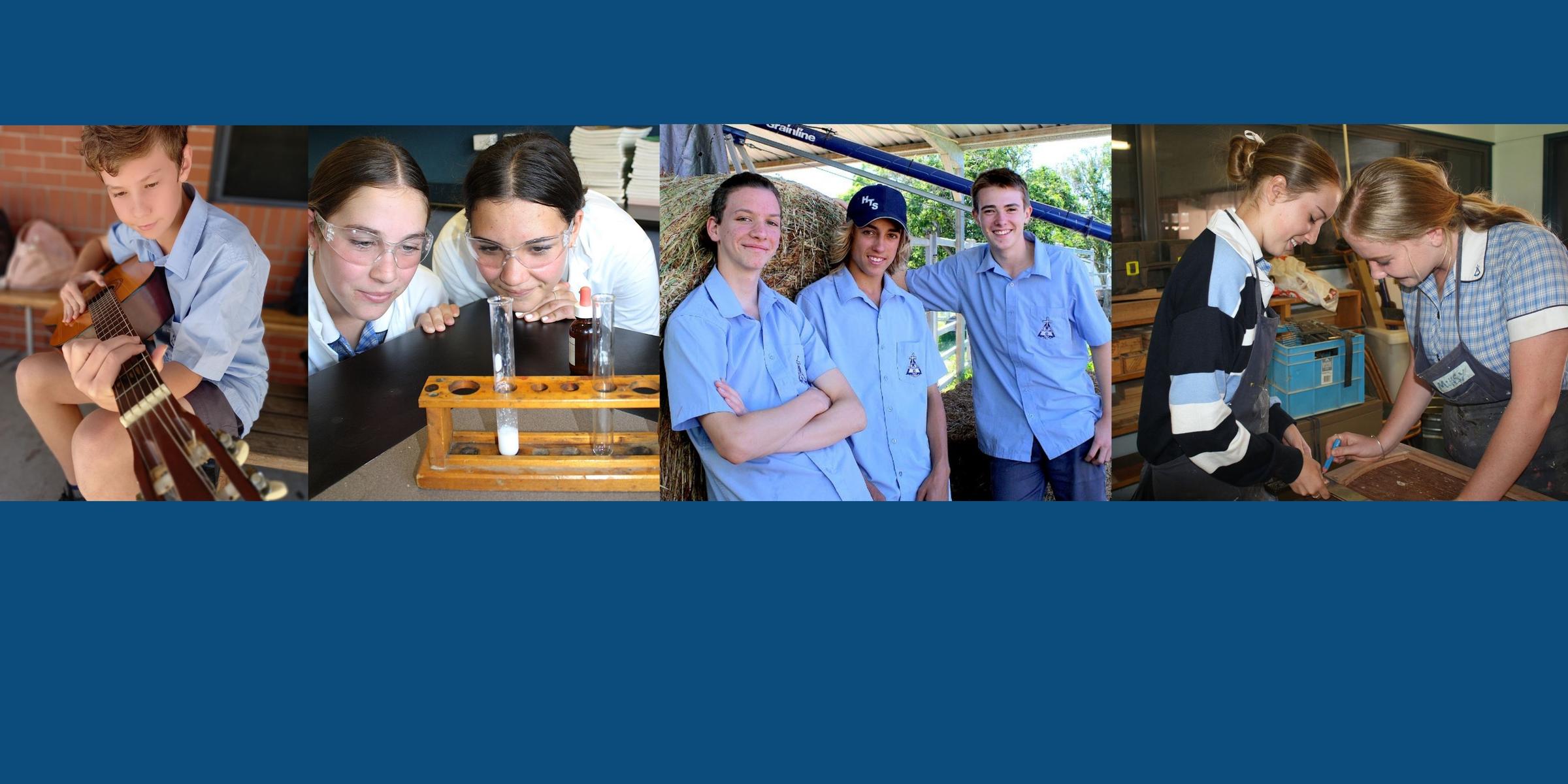
SECONDARY NEWS
From the Assistant Principal
Miss Kim Bailey
kbailey@arm.catholic.edu.au
Holy Trinity Show Team
Good luck to Mrs Towsend and the HTS Show Team who are heading to Casino Beef Week today for a huge week of preparation and competition.
NSWCCC U16s Rugby League Trials
Good luck to Matilda Thompson who is attending the NSWCCC Rugby League Trials in Wyong on Tuesday and Wednesday.
Chess Team
Good luck to the chess team who will compete online on Wednesday against Narrabri High School.
Bill Turner Trophy Team
Good luck to Mrs East and the team, who will travel to Glen Innes next Monday to play their third round match against Glen Innes High School.
Debating Teams
Good luck to our Stage 4 and Stage 5 debaters, who will participate in the Inter-Diocesan Debating Competition during their lunch break over the coming weeks. The debates will occur via Zoom. Thanks to Mrs Taylor for preparing the teams and supervising the debates.
PPEP Talks
Congratulations to all students who attended the PPEP talks. The presenter was very complimentary about our students' participation and behaviour. It was the first time that Years 7 and 8 girls and Years 9 and 10 boys attended the talks.
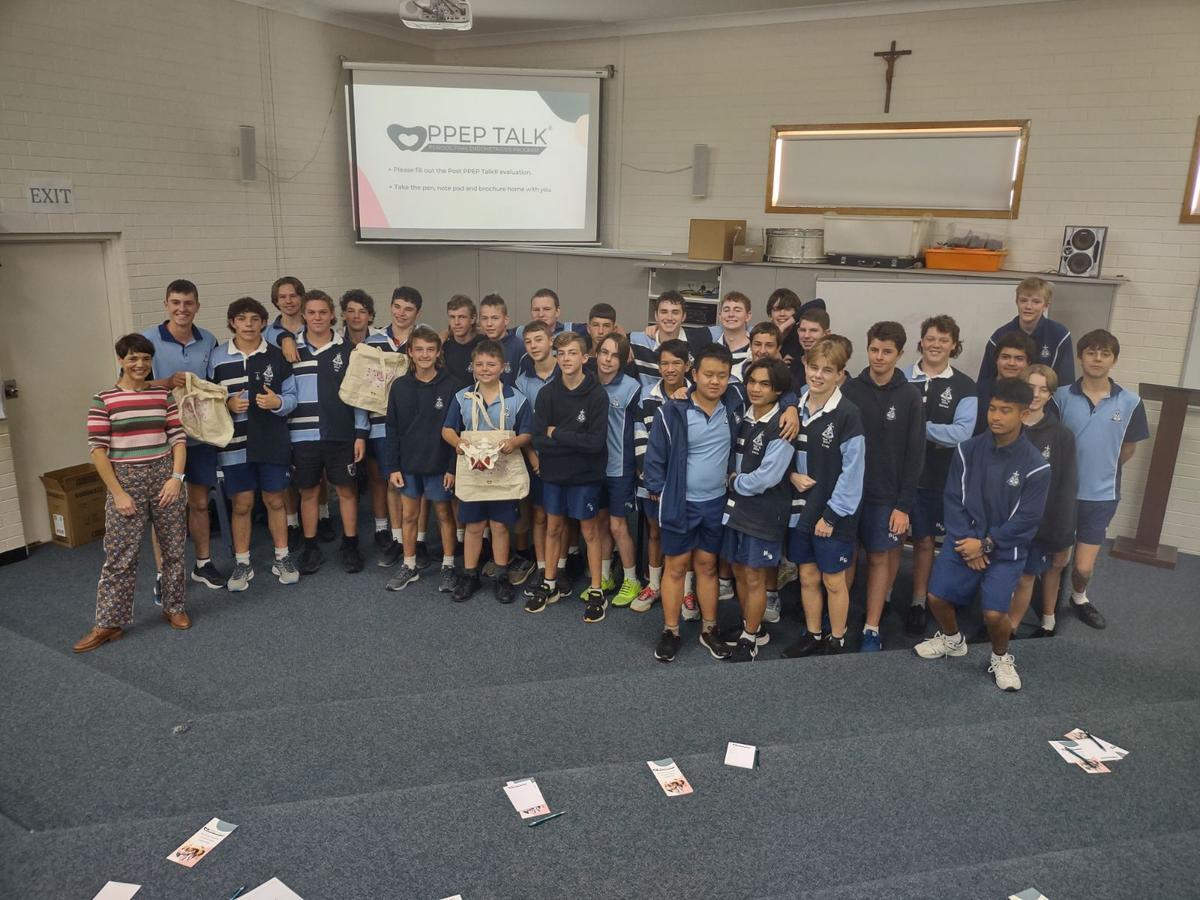

NSWCCC Netball
Congratulations to Molly Halloran and Matilda Robinson-Farago who represented the diocese at the recent NSW U15s Netball Trials in Sydney. Thanks to Miss Majetic for coaching the teams.
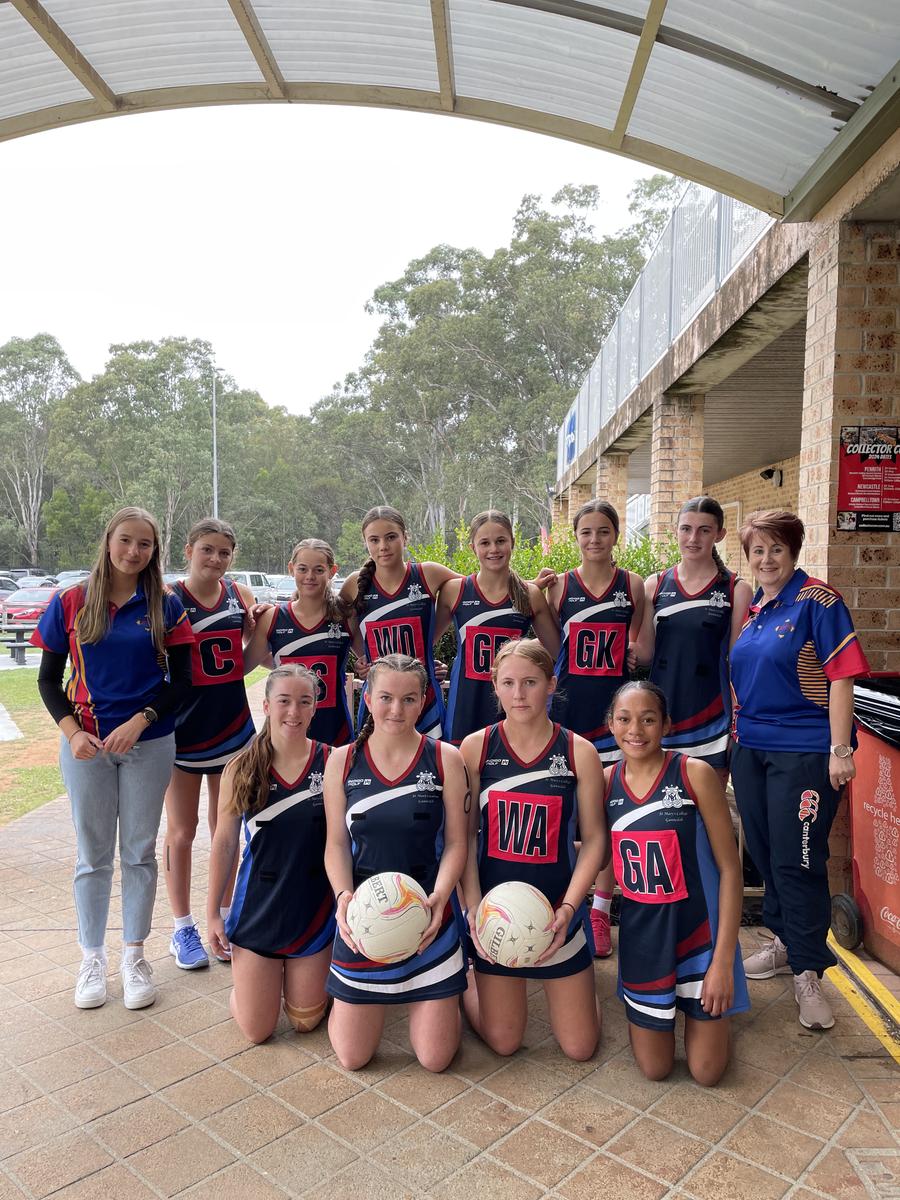
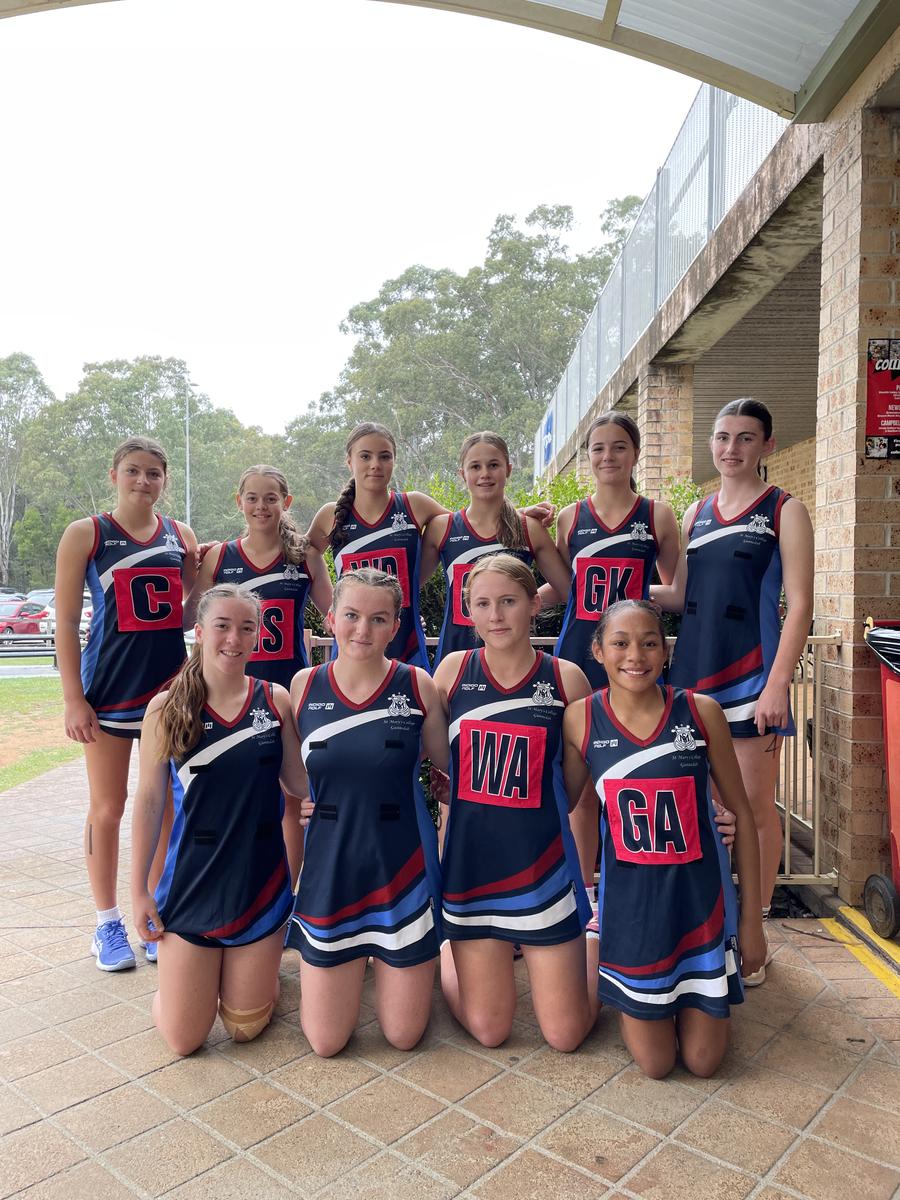
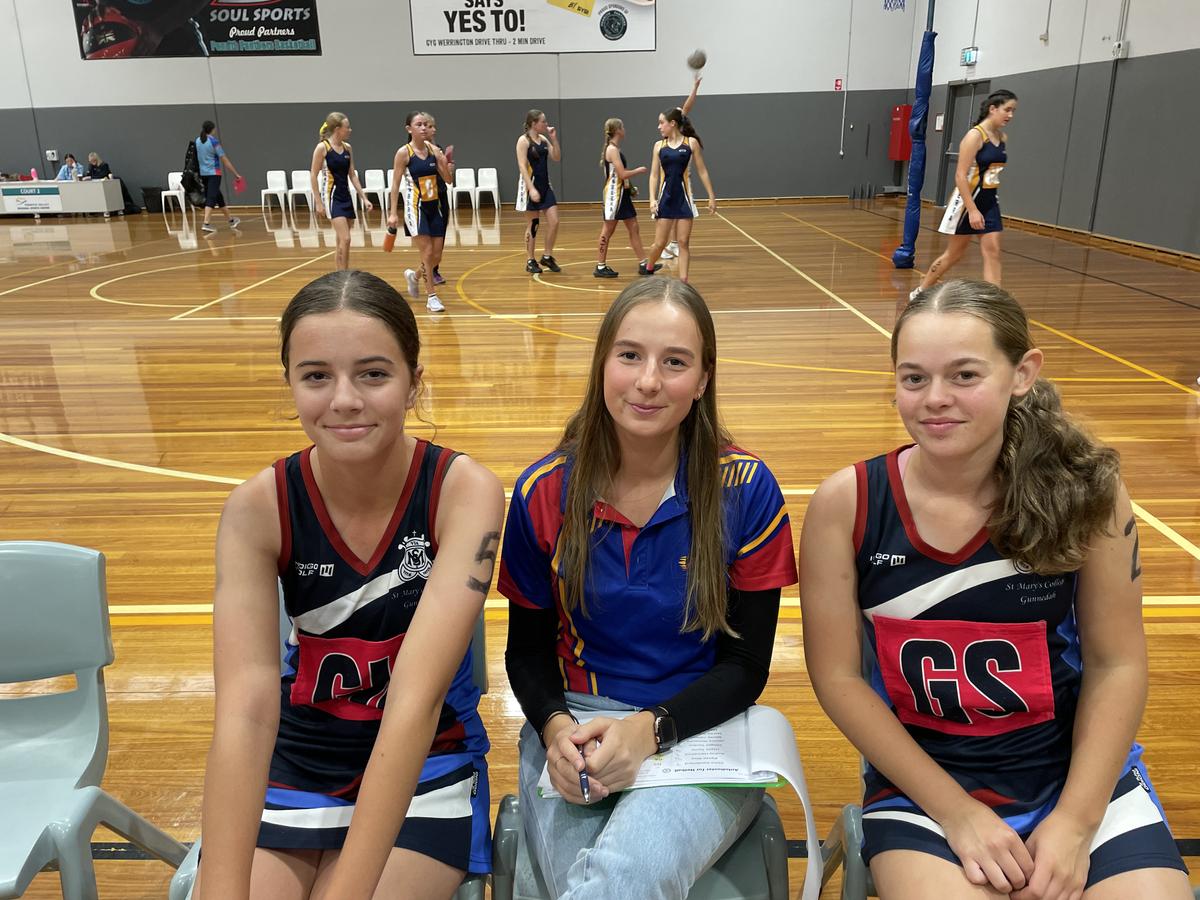



Diocesan Cross Country & Tennis
Congratulations to all students who competed at the trials last week. The following students have qualified for NSWCCC Cross Country: Griffin Sanderson, Matty Mowle, Angus Norman, Aksel Hutchings, Seth O'Neill-Yee, Max Sweeney, Luke Readett, Flynn Ellis-Brien, Ryan Hill, April Neppl, Jess Hill, Makayle Goldman, Laura Cameron, Olivia Selig, Florence Black, Savannah Lea, Emina O'Neill-Yee, Bronte Ellis, Savannah Golding.
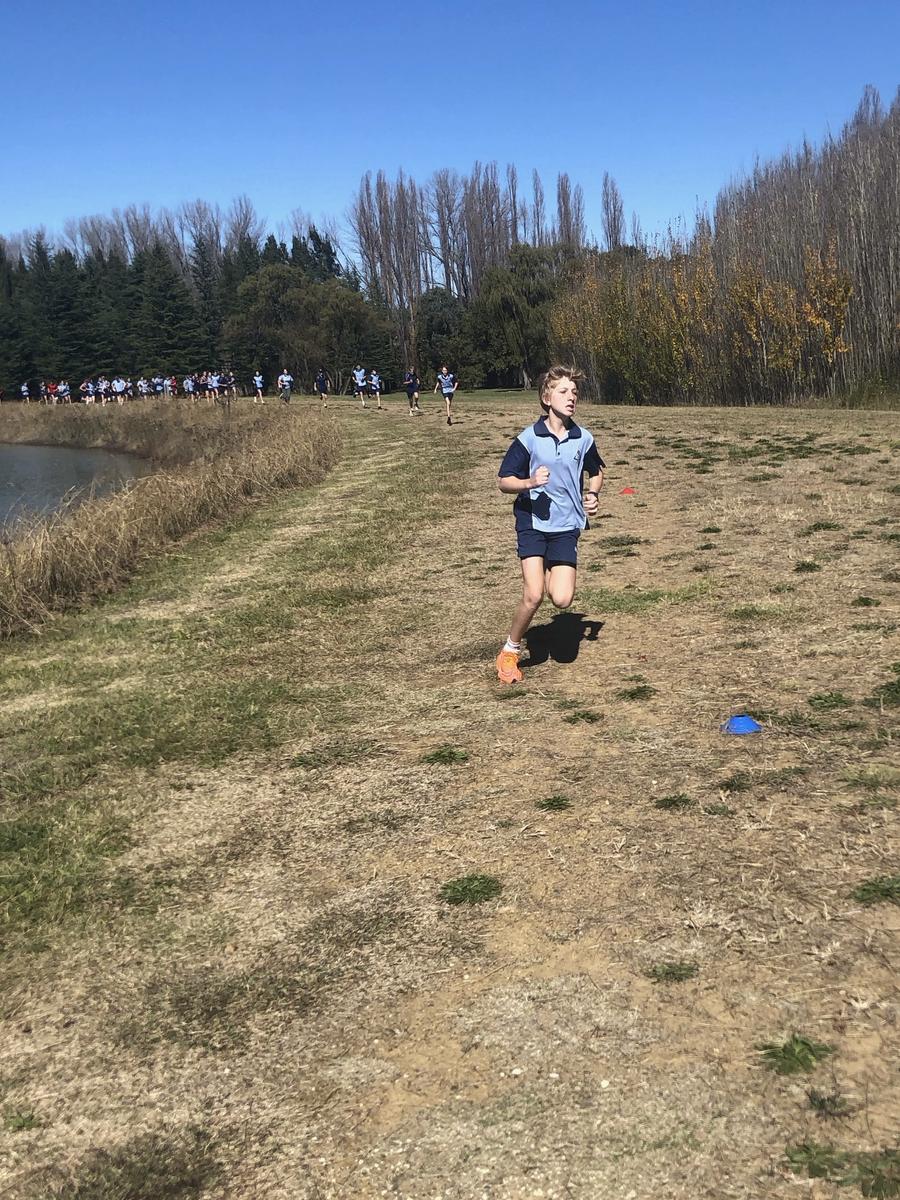
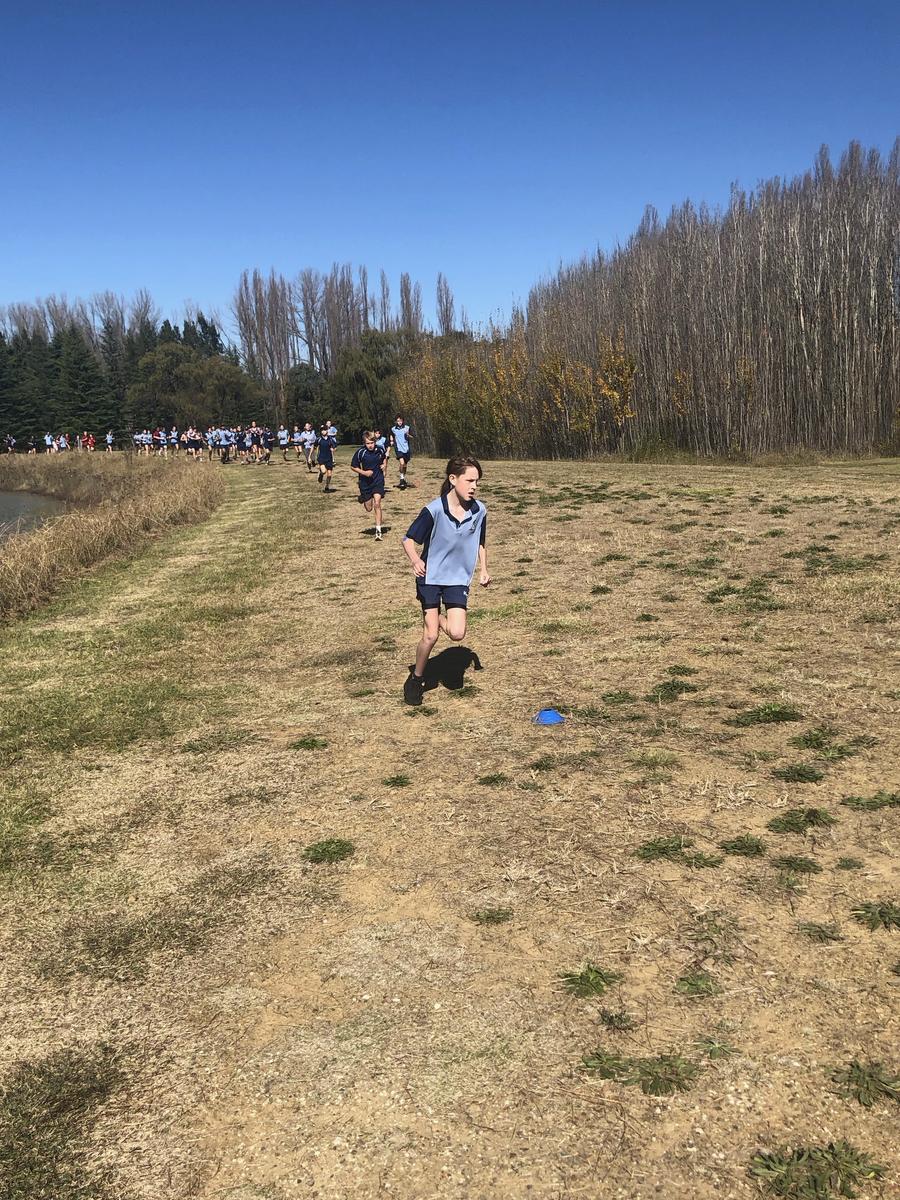
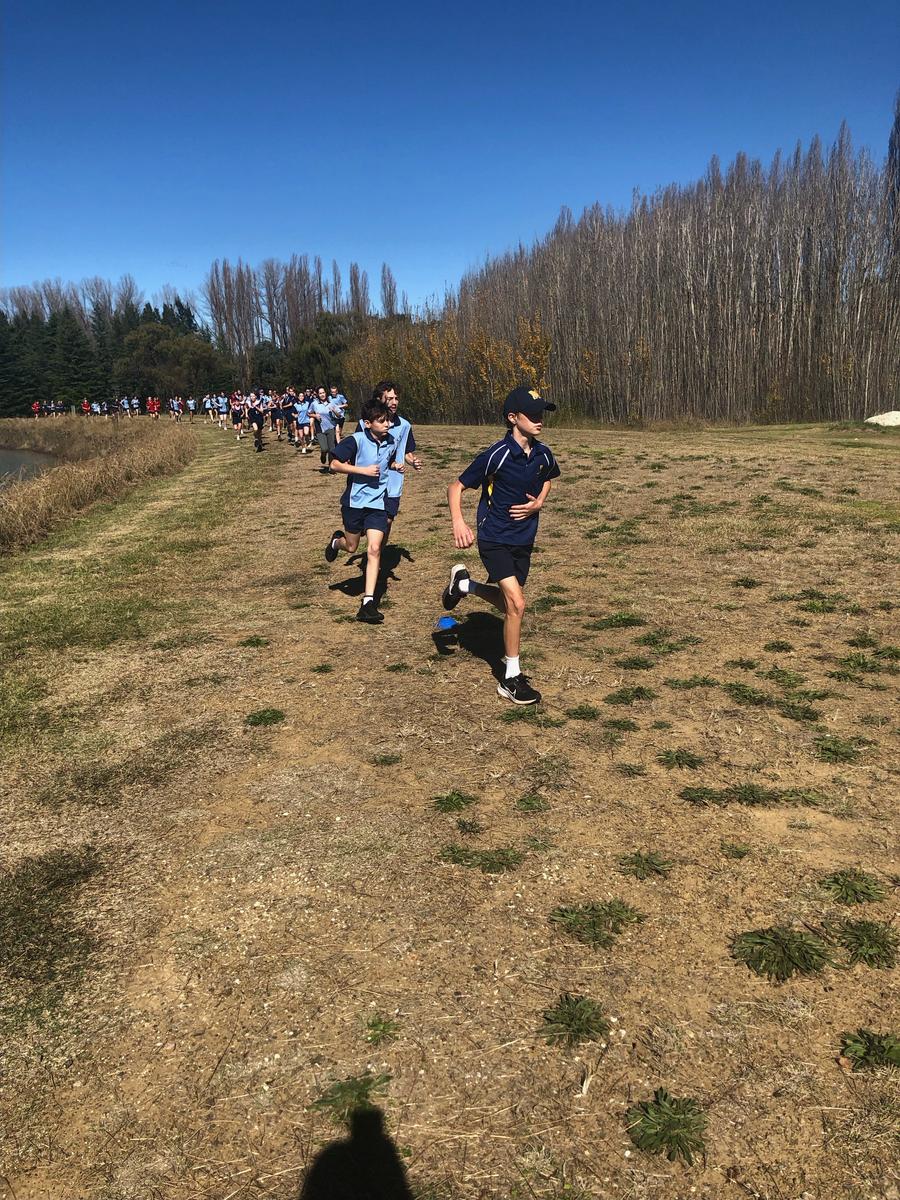
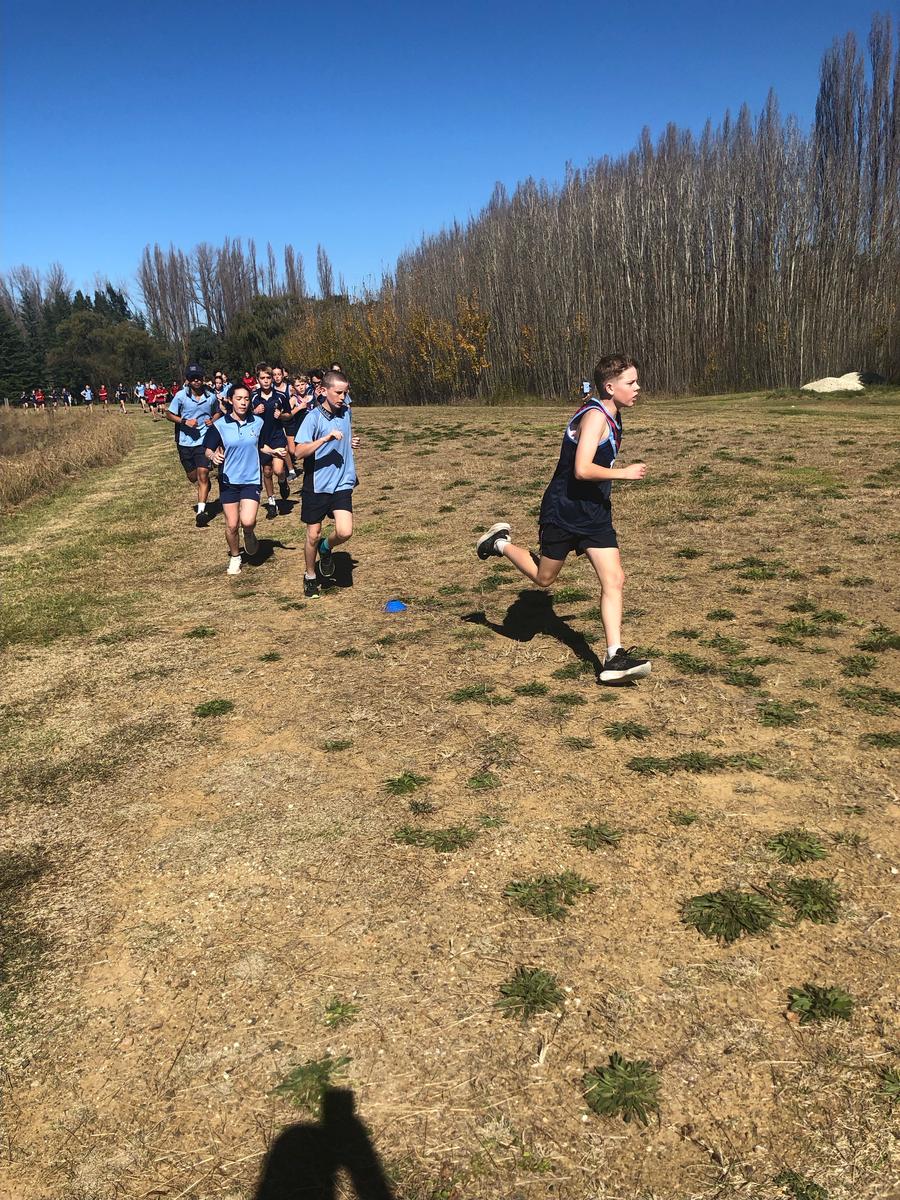
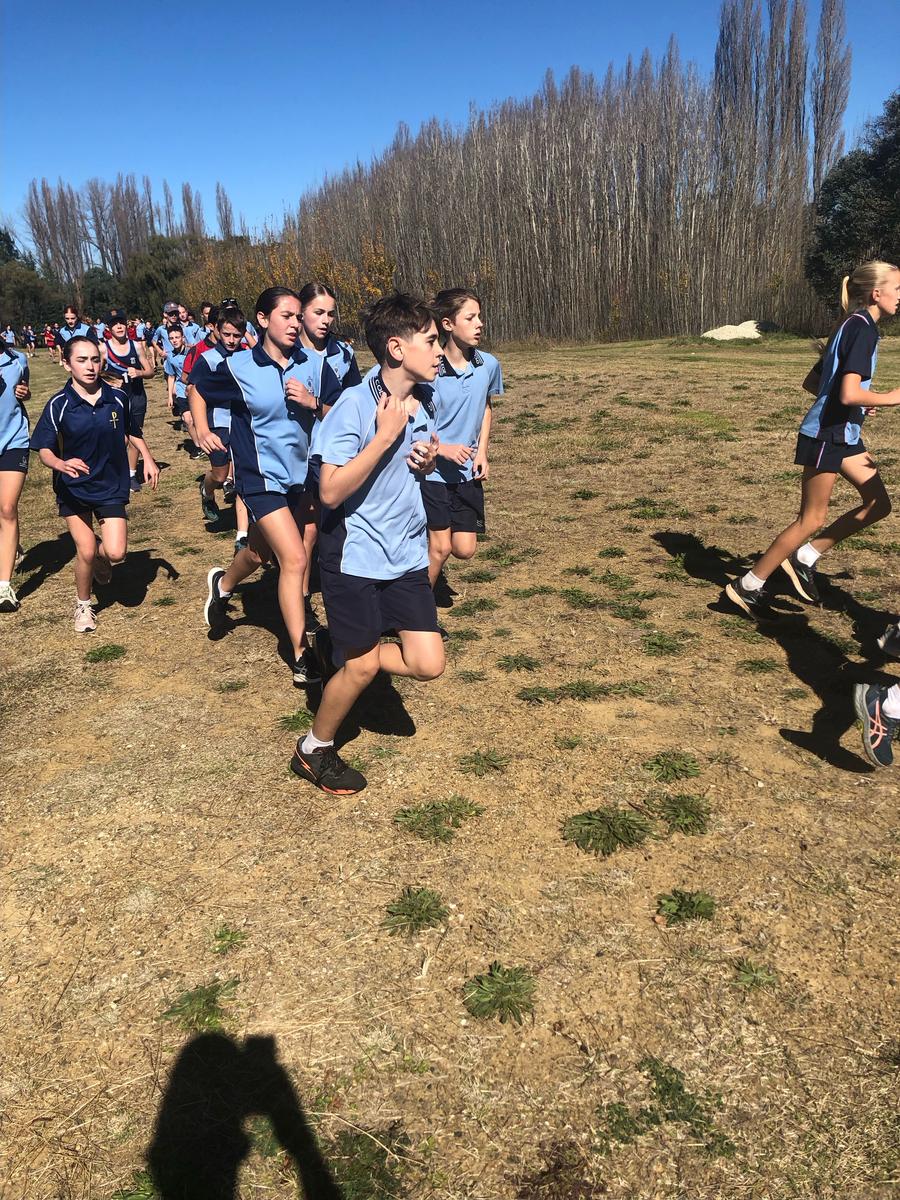
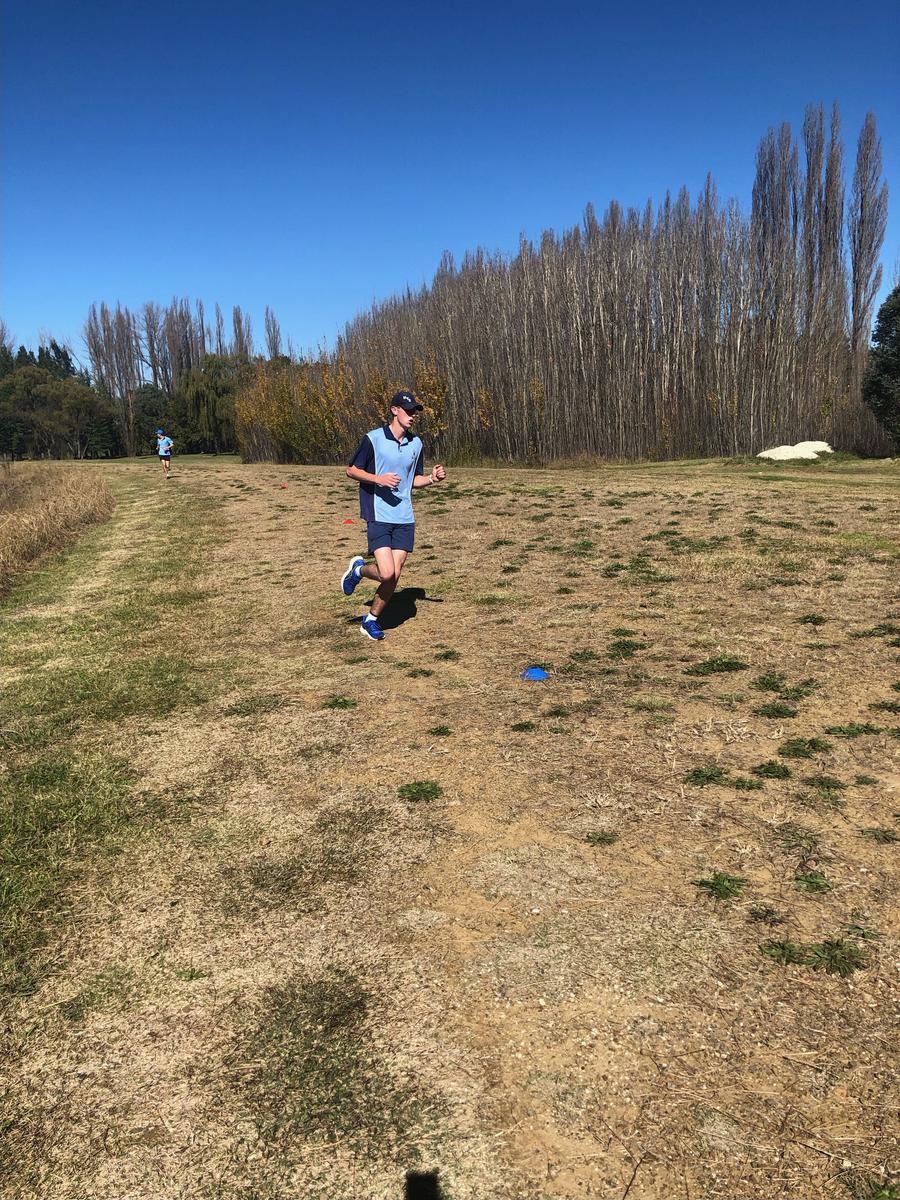
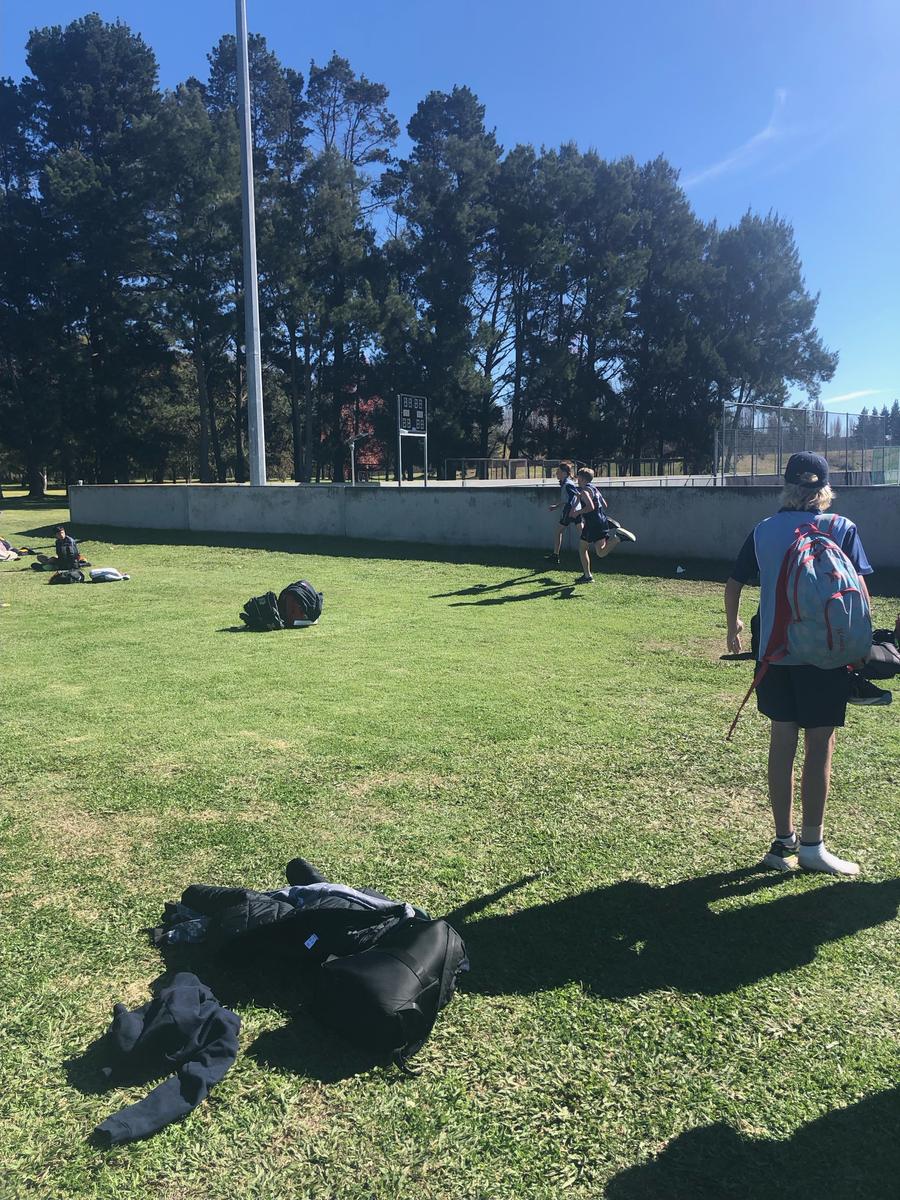
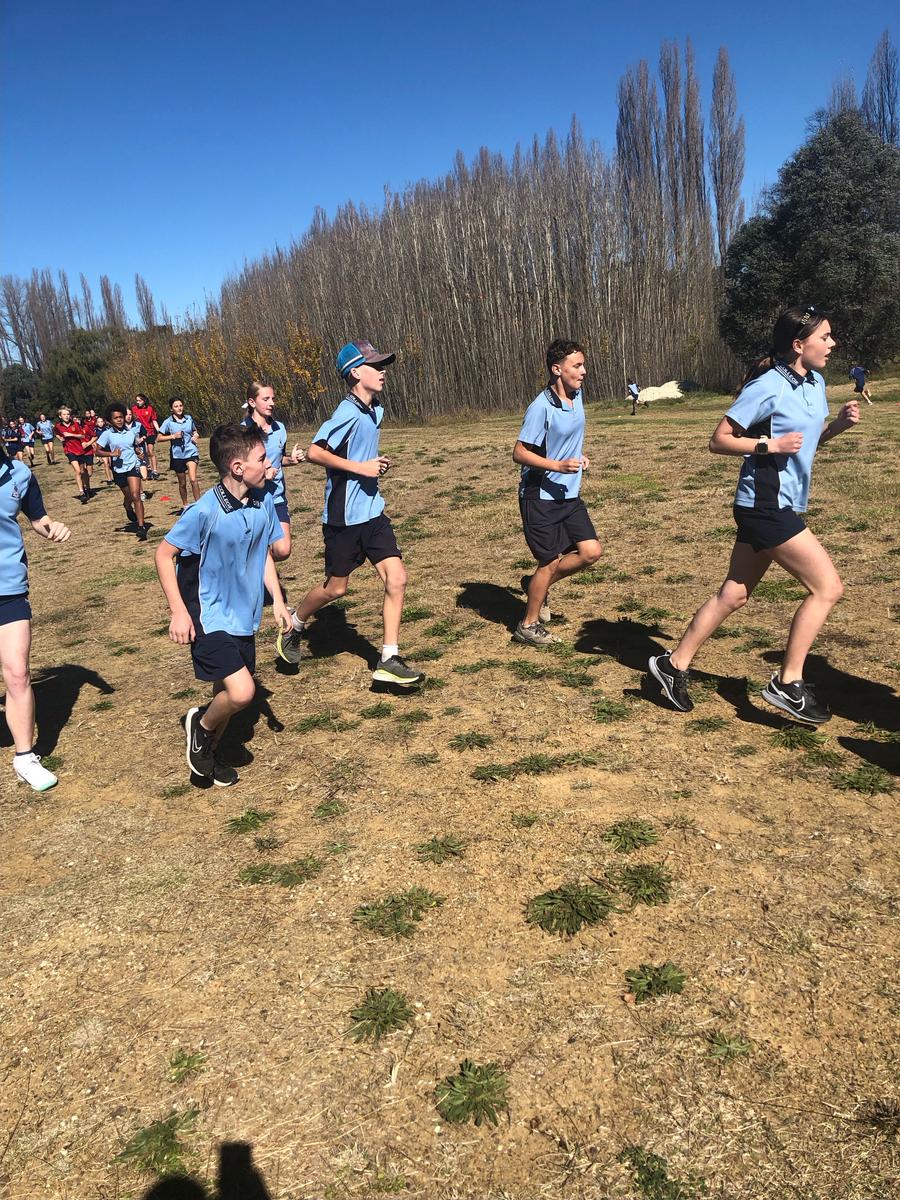
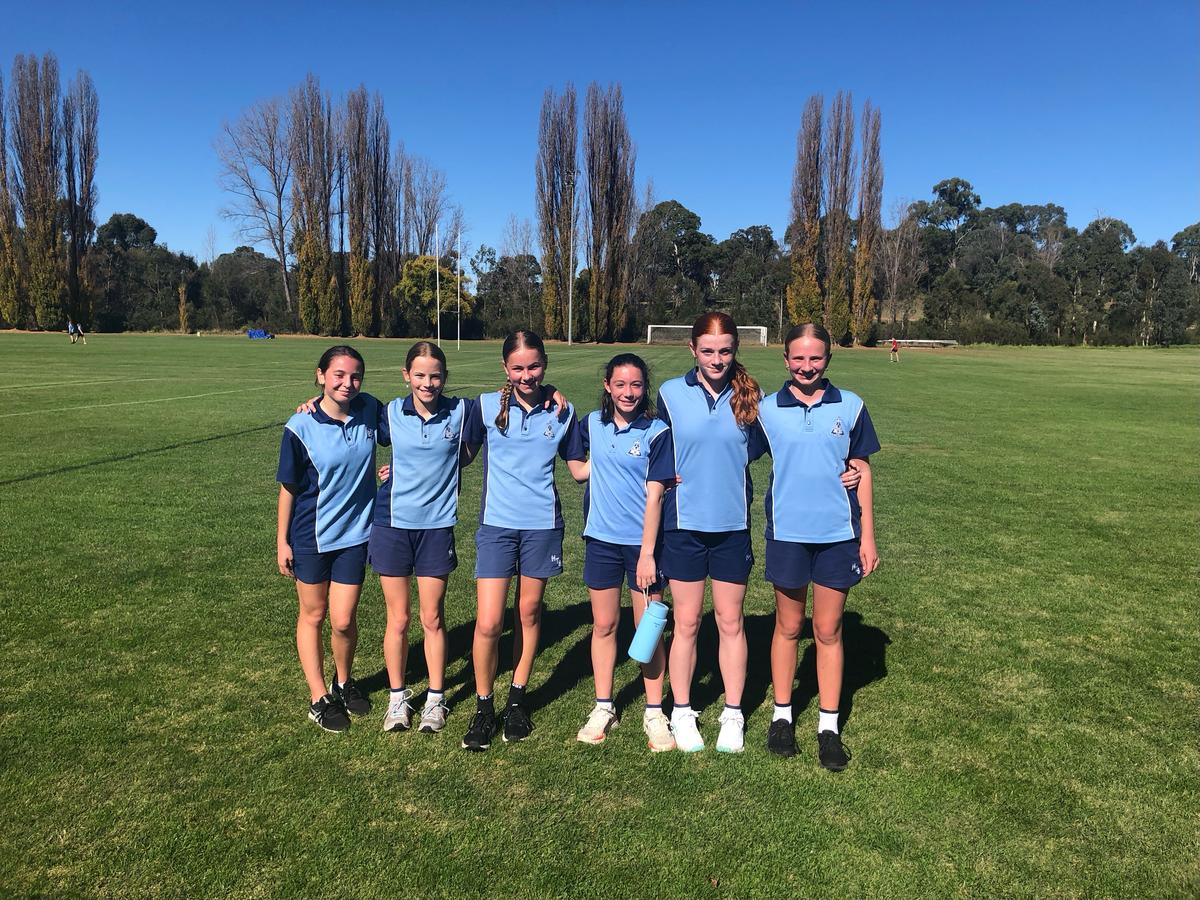
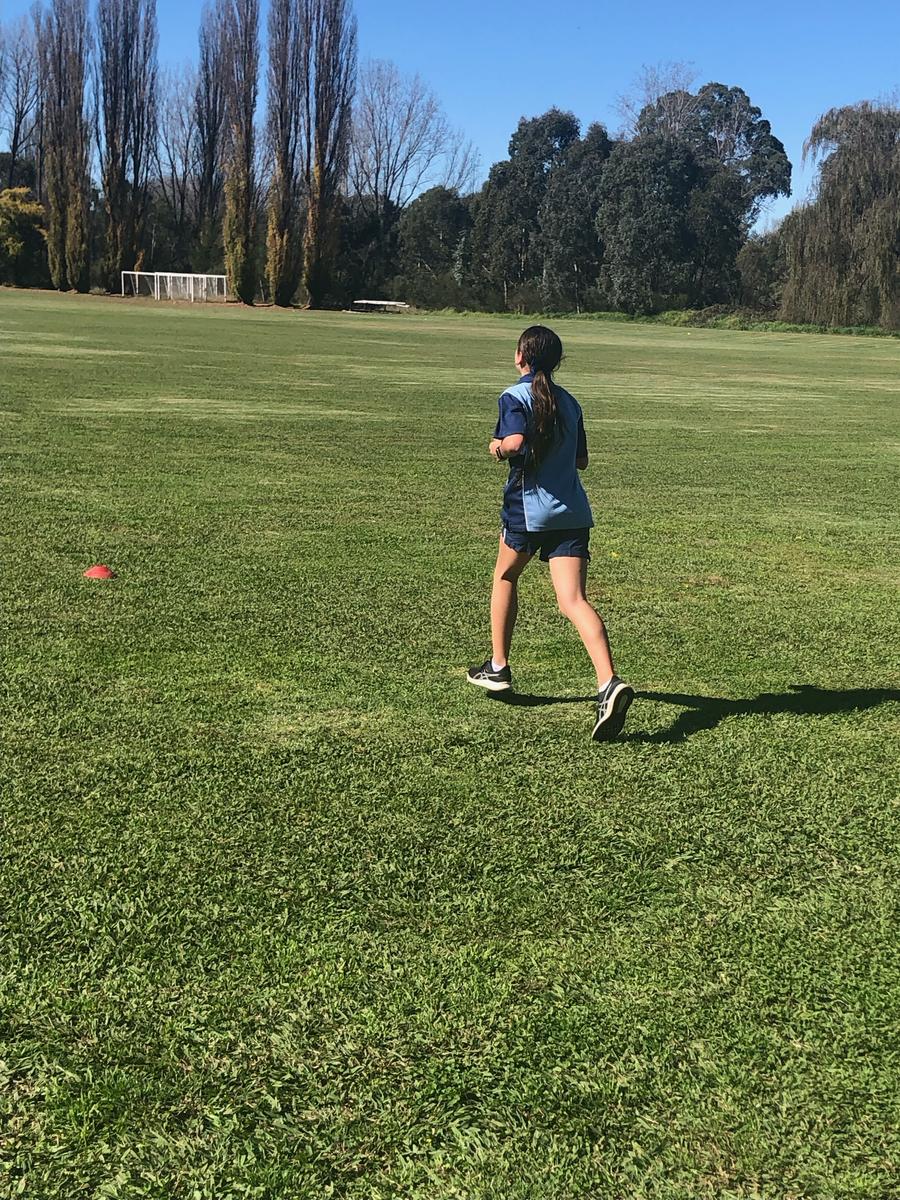
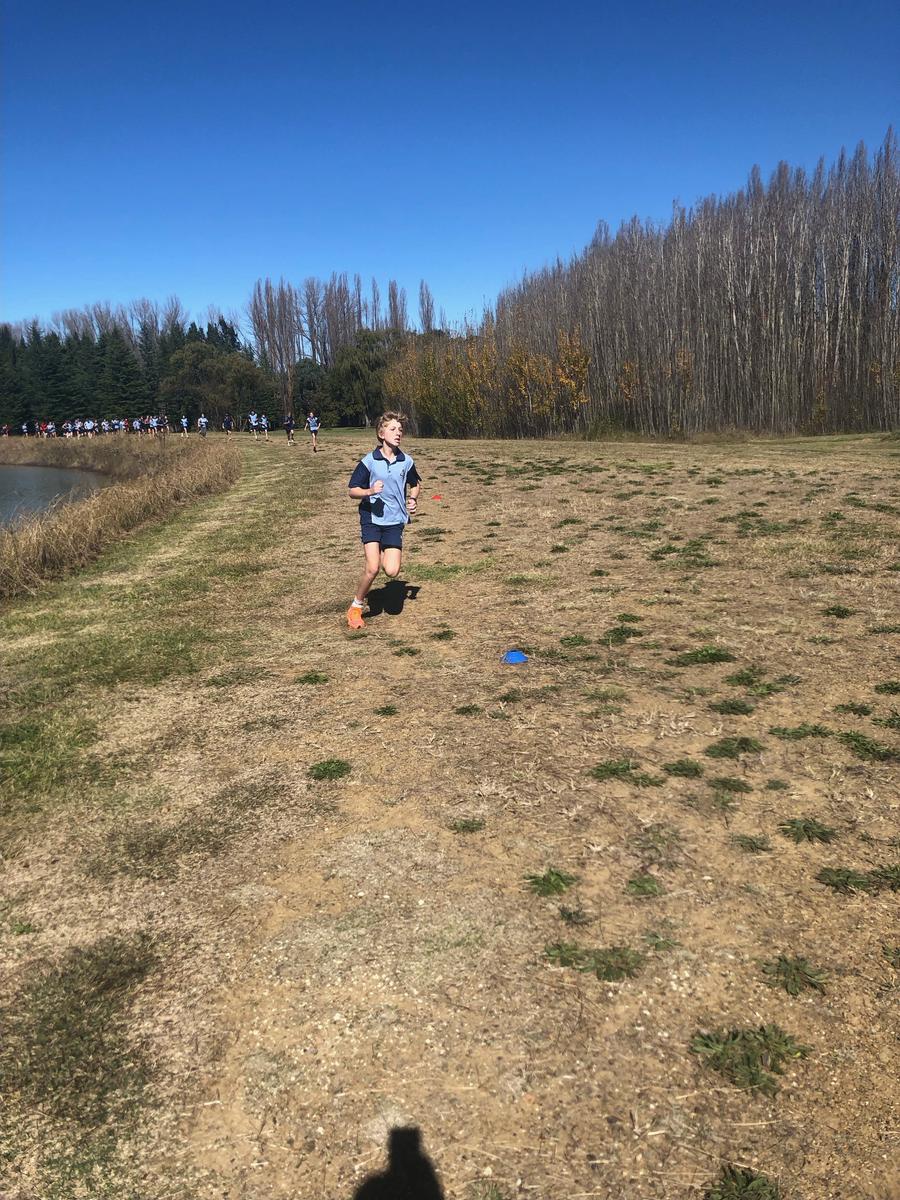
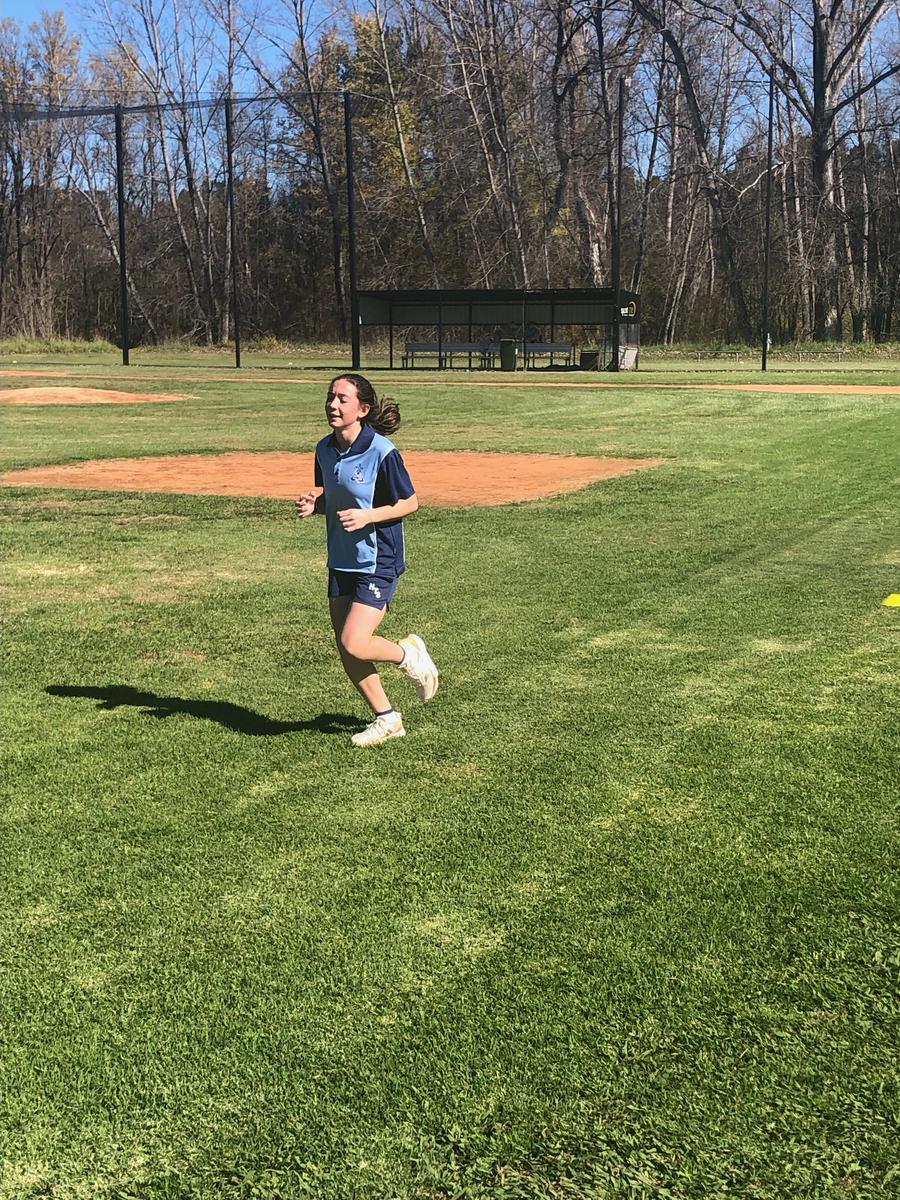
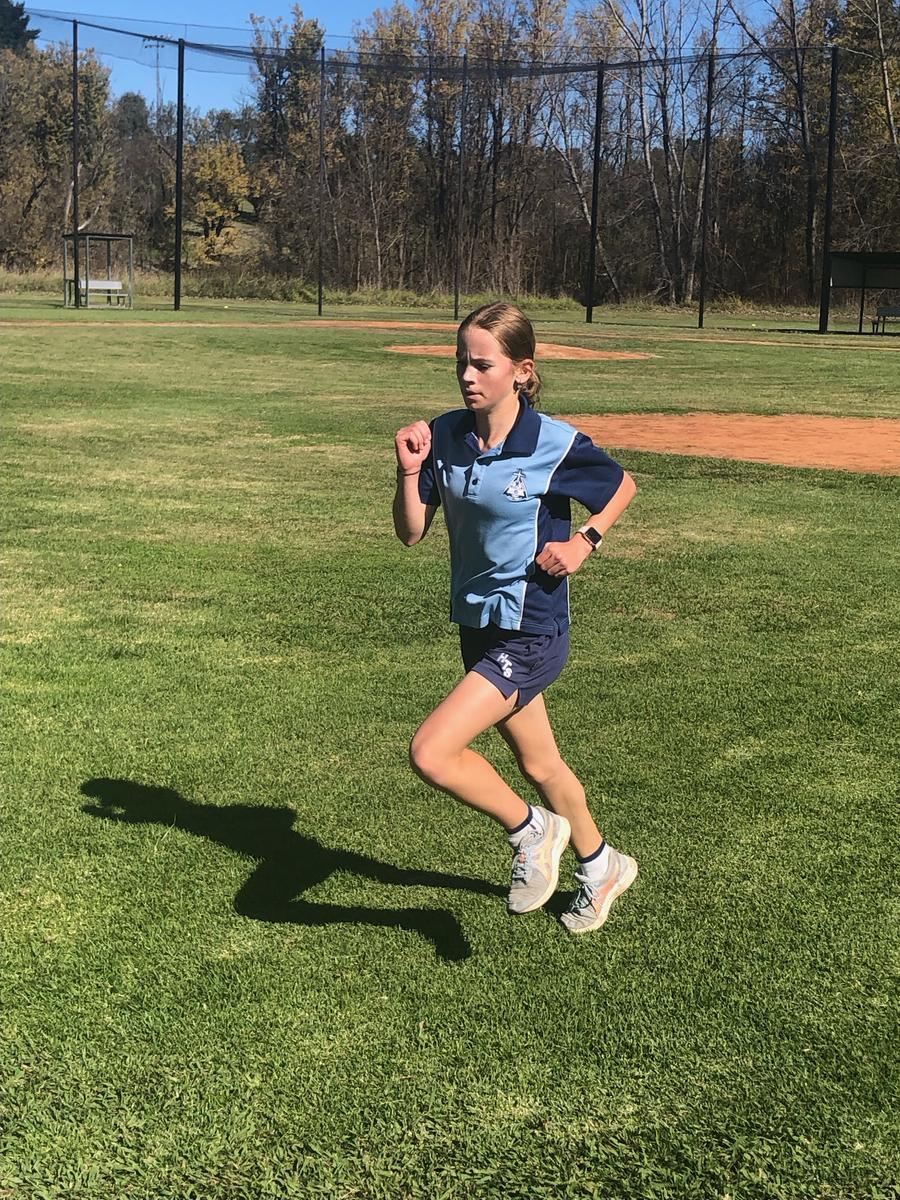
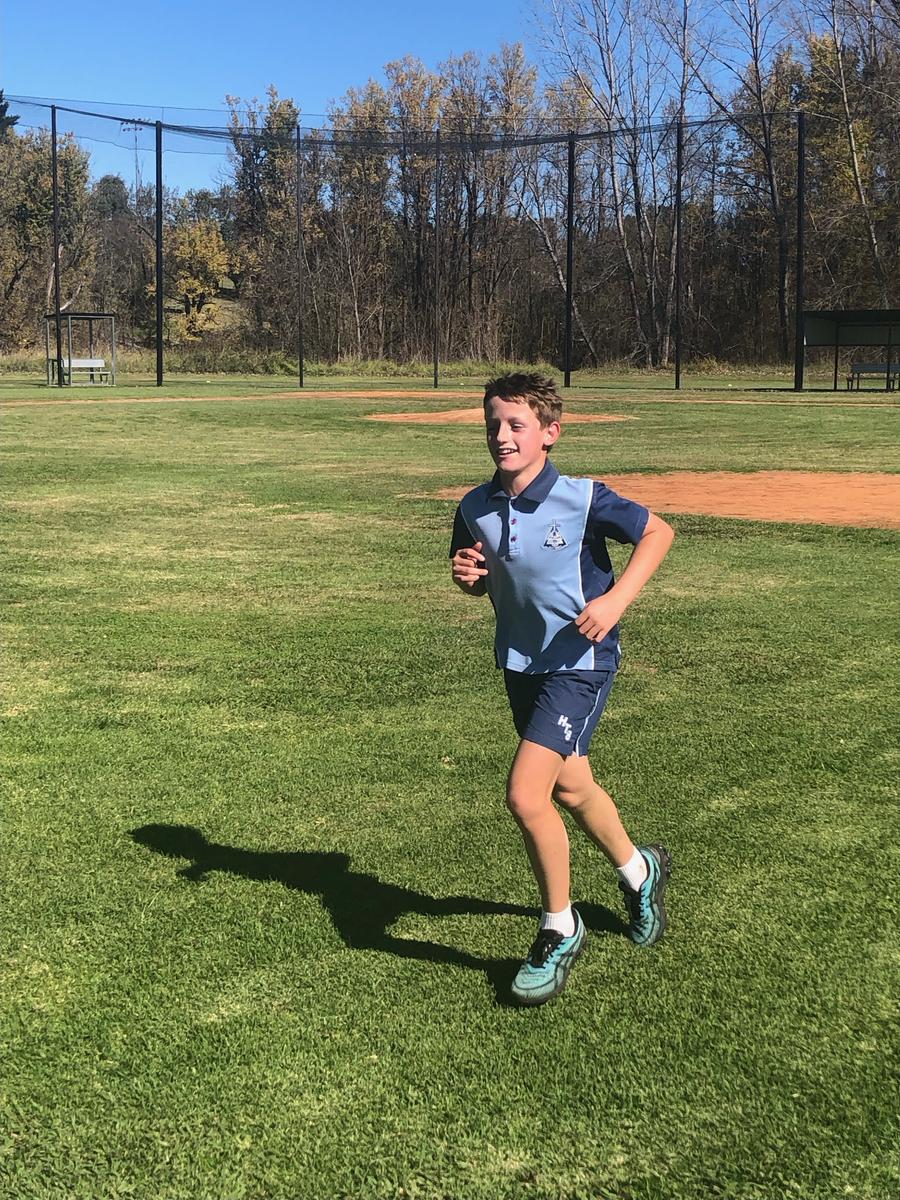
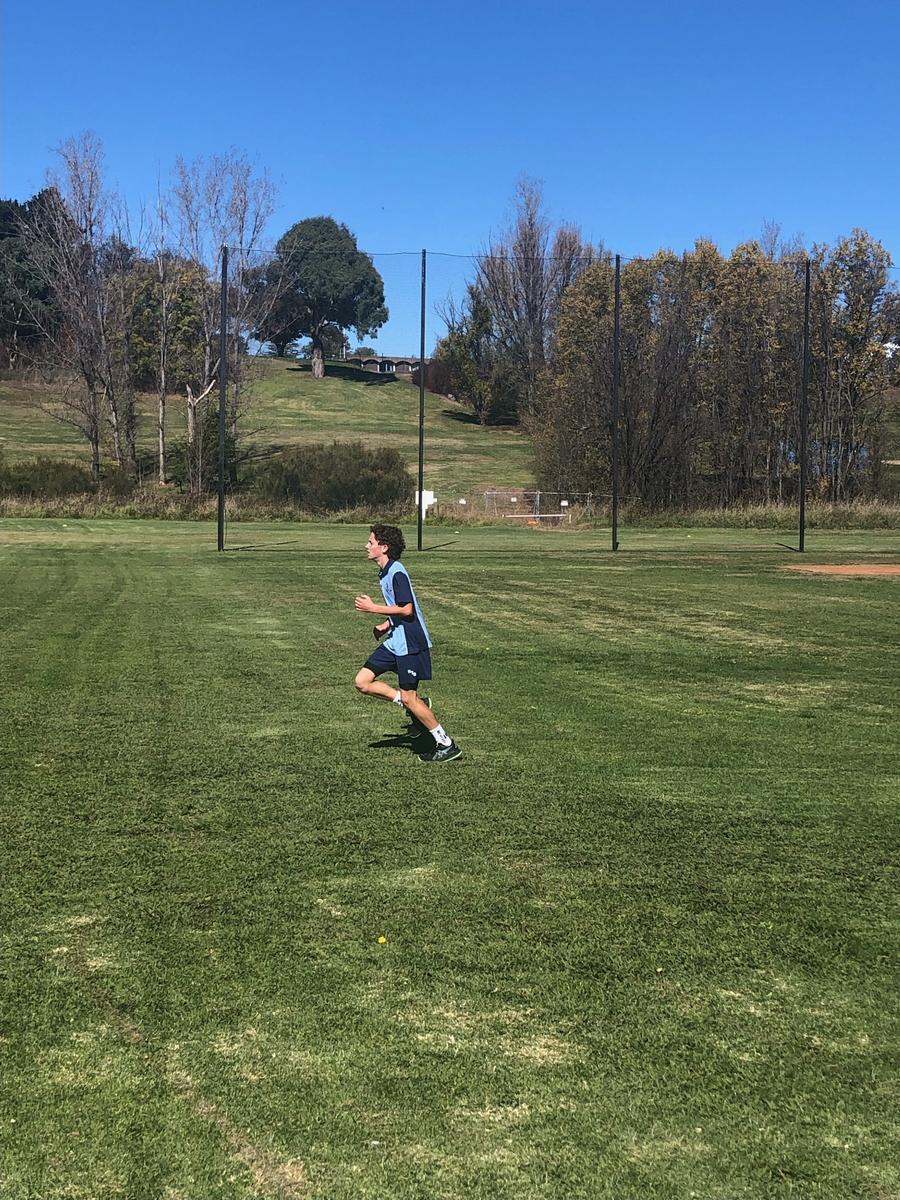
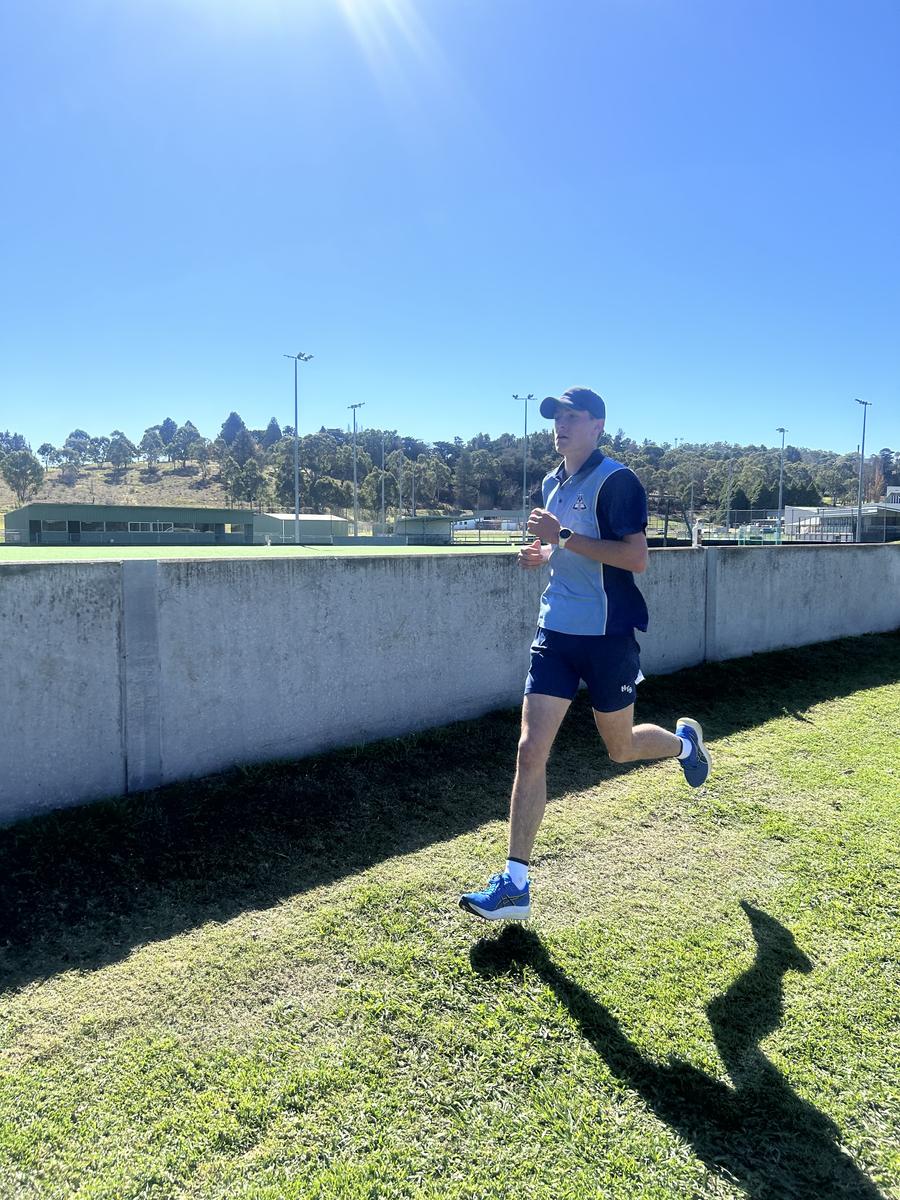
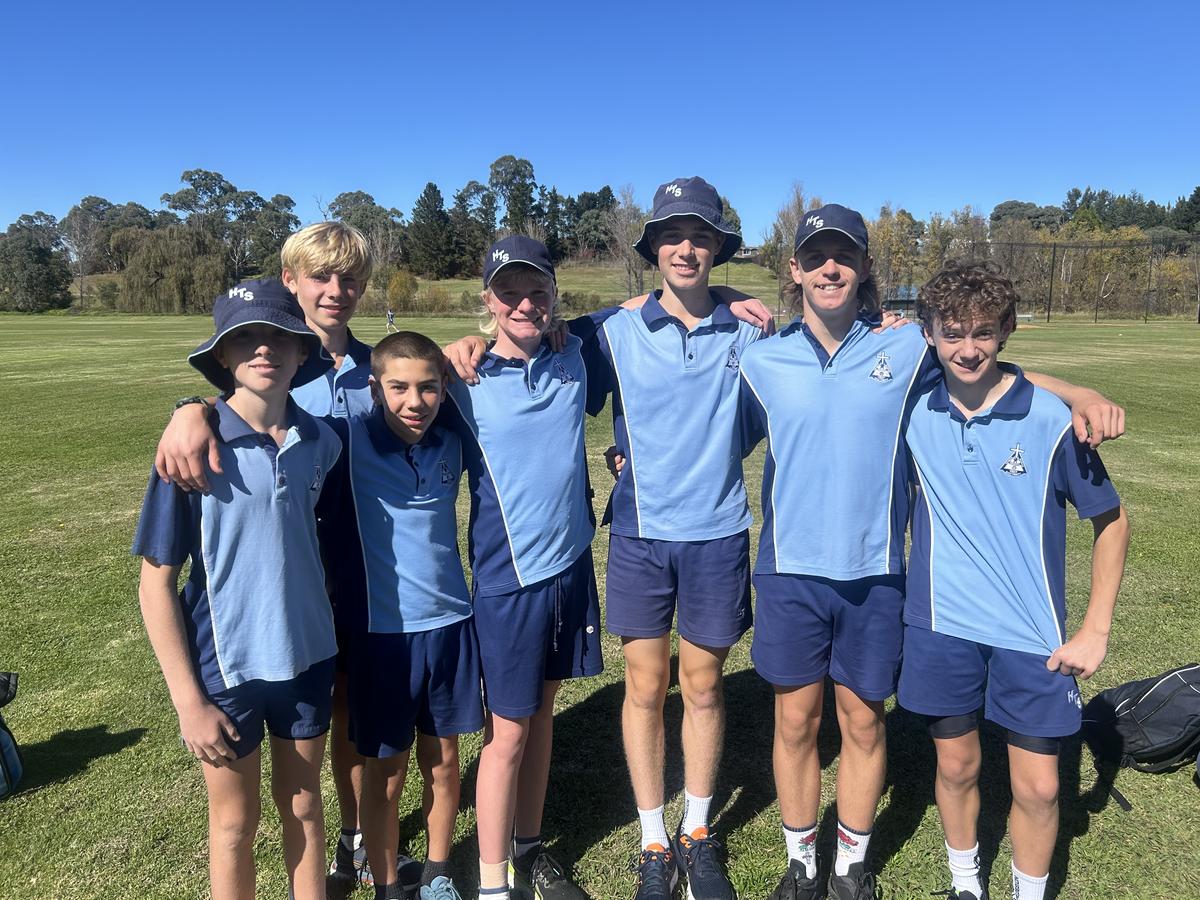
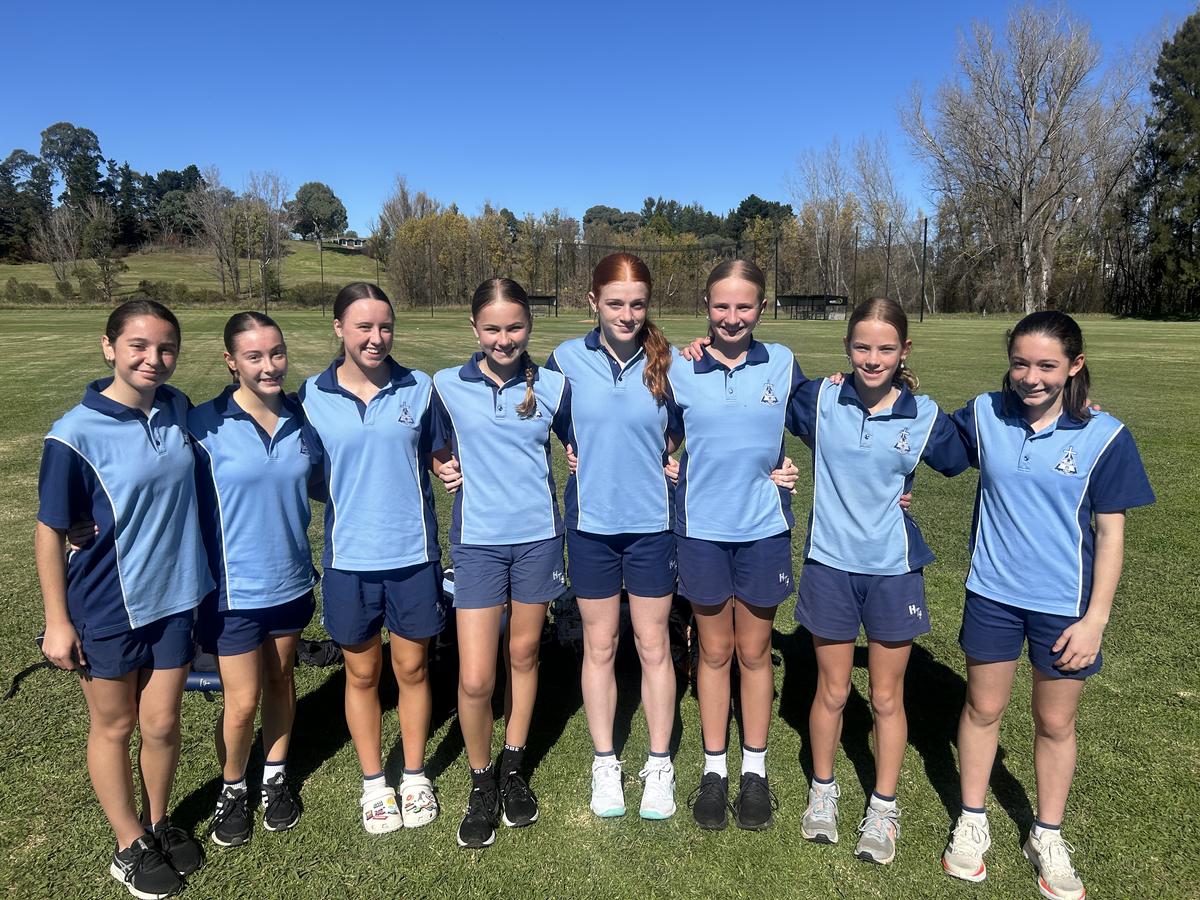
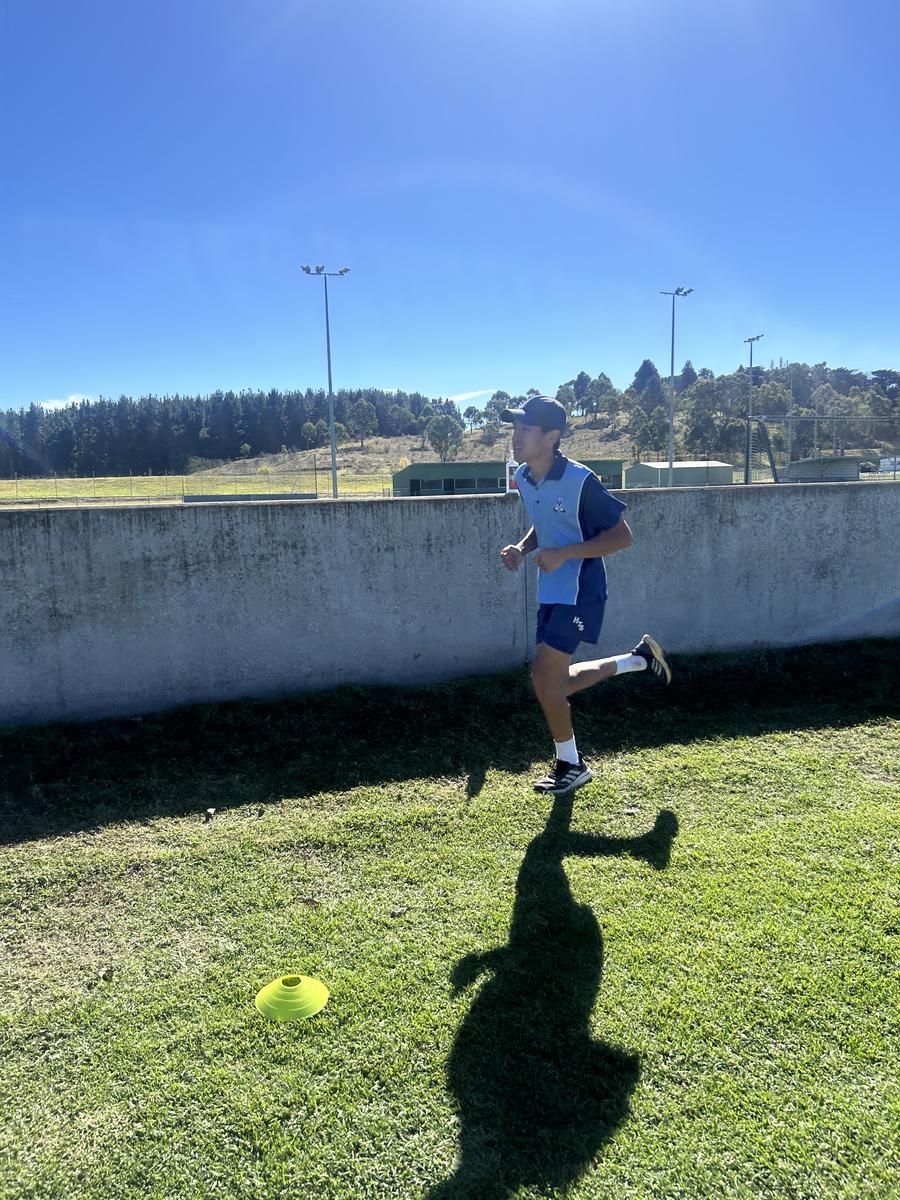
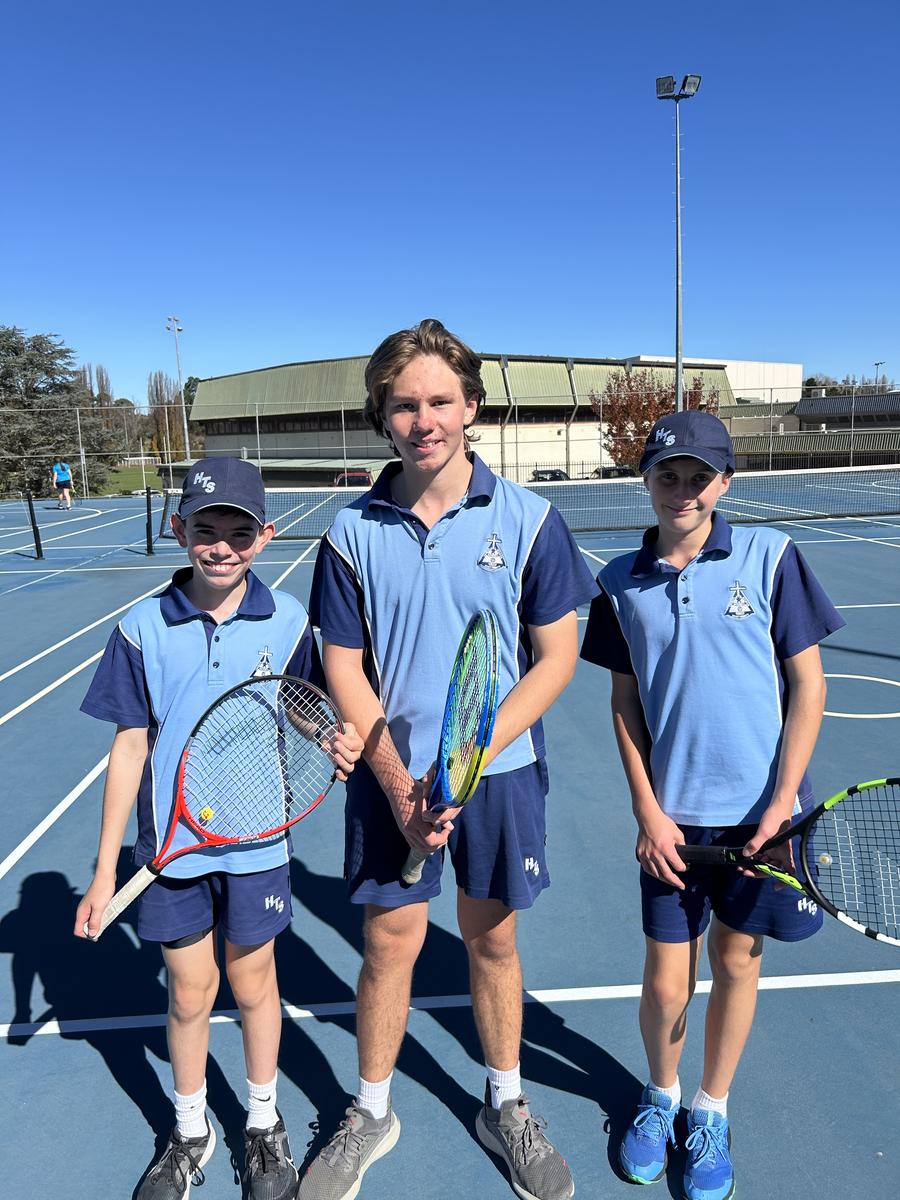




















Last Tuesday, our Year 9 HSIE Students travelled to Dorrigo Rainforest with Mr Jeffery and Mrs East for a guided tour around the National Park. After learning about this biome in Geography, it was a great experience for our students to investigate and experience this environment firsthand.
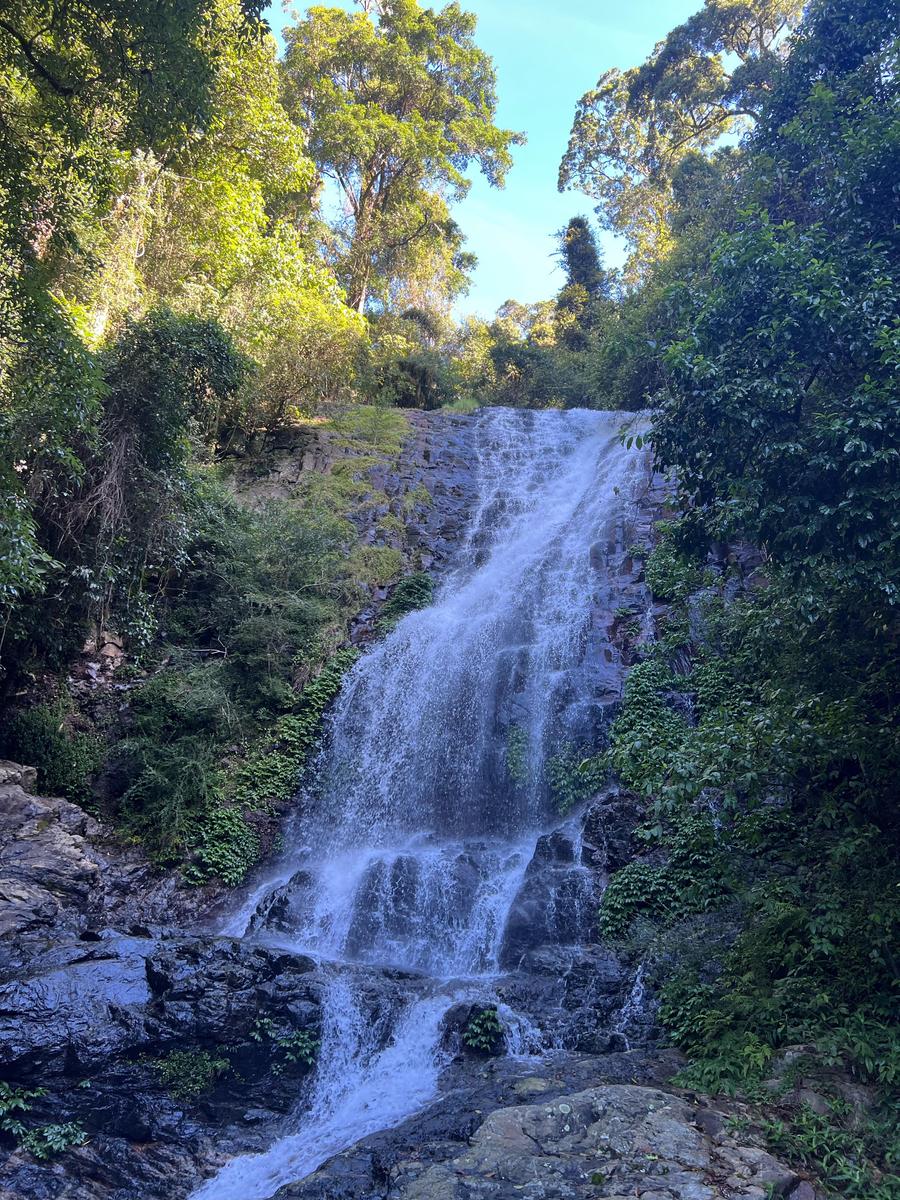
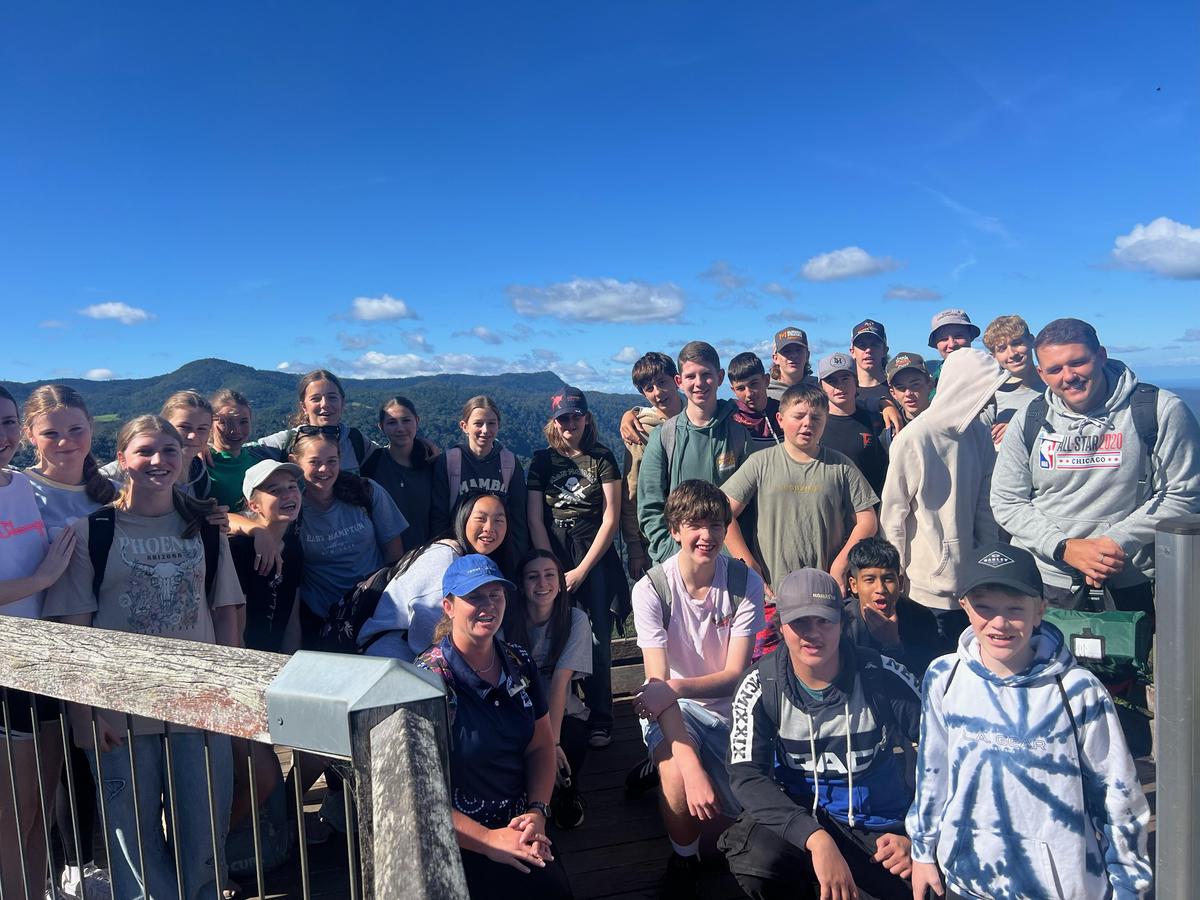
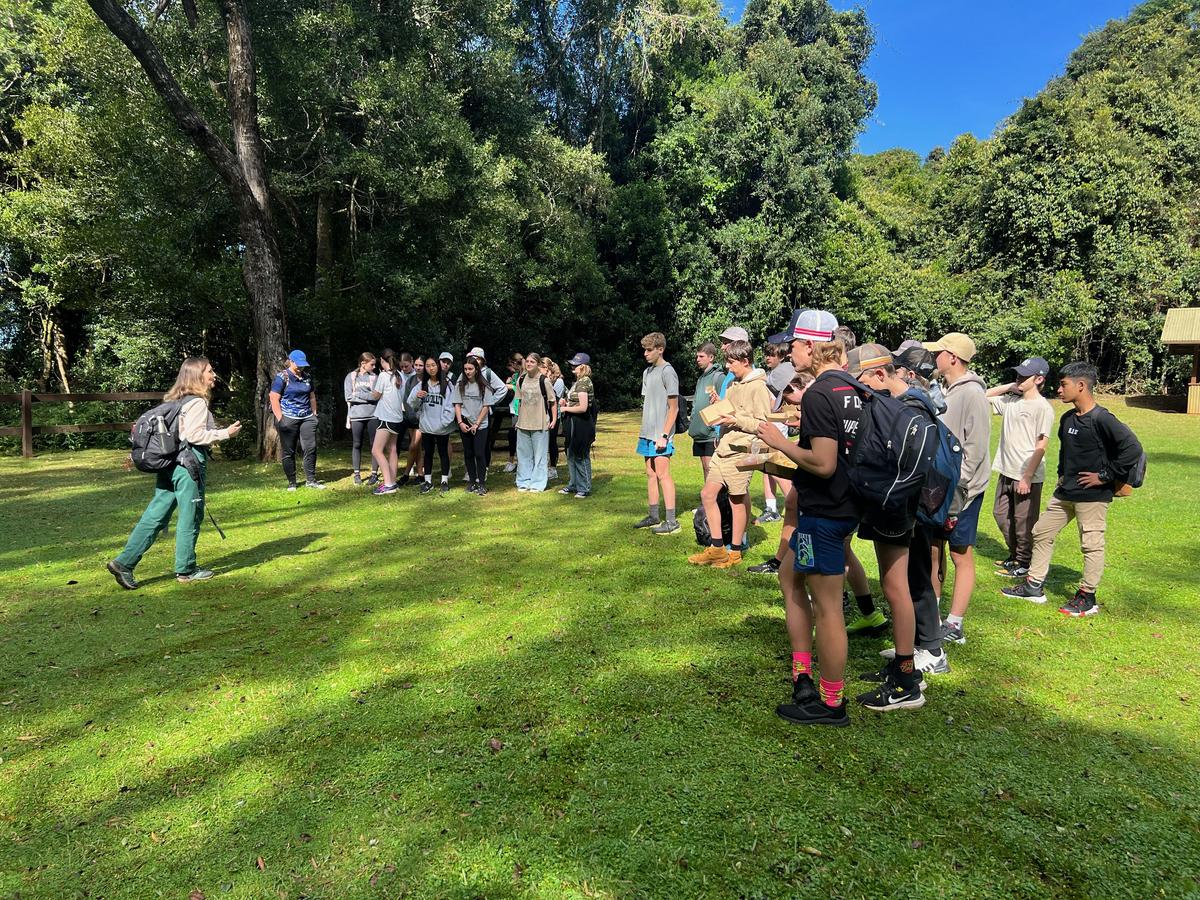
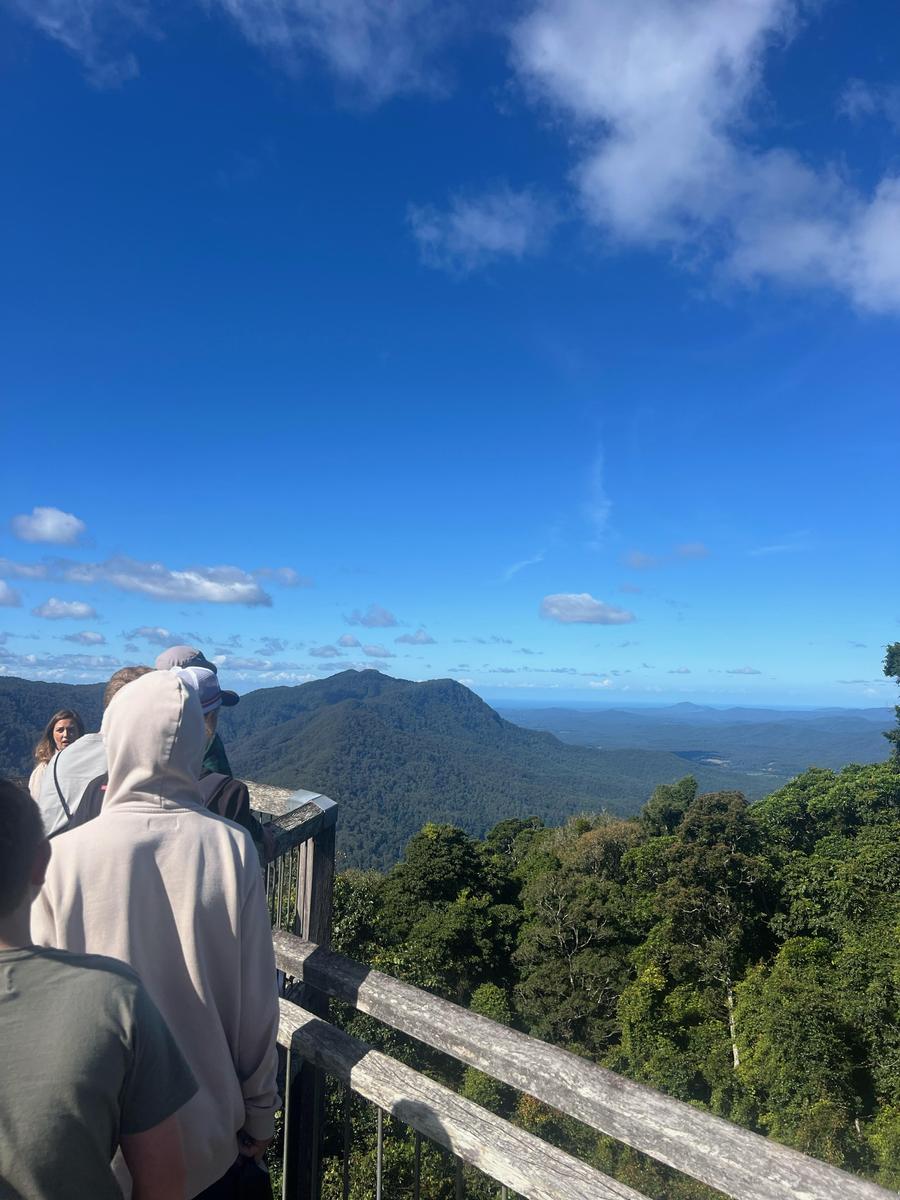




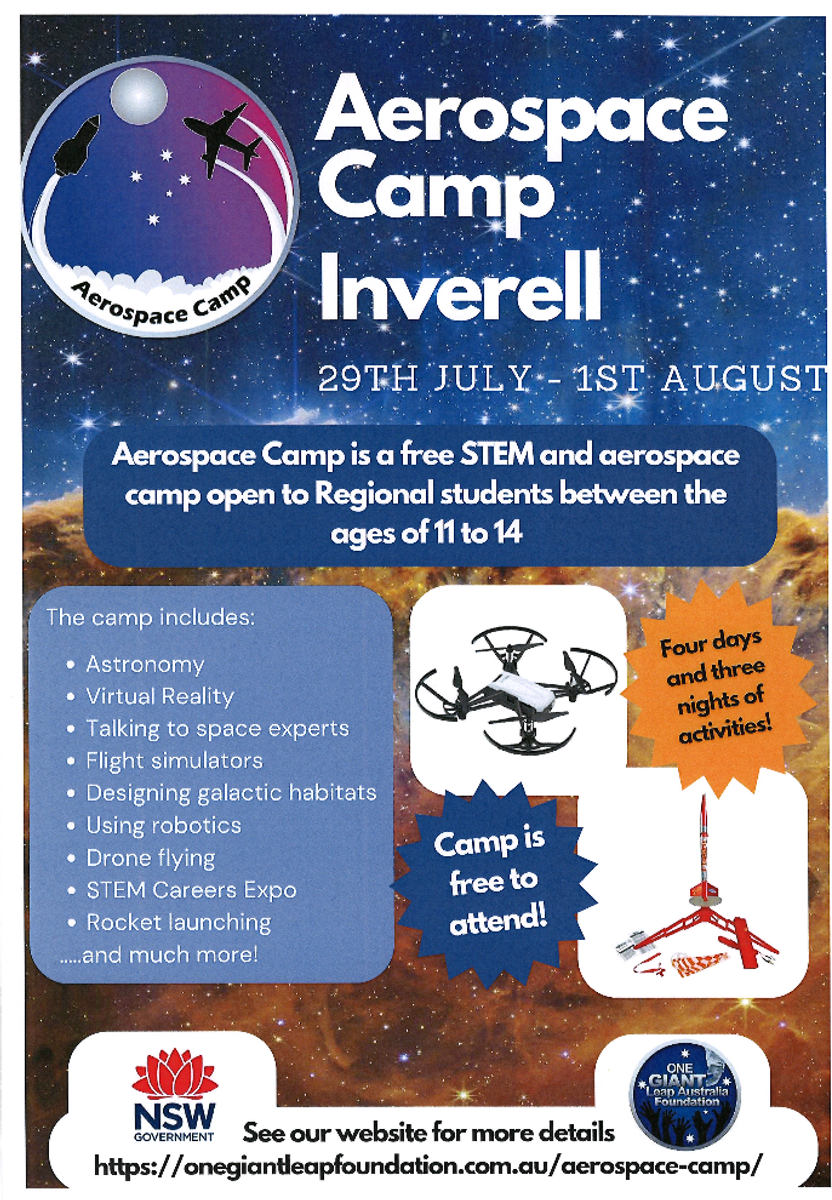

May is a month when students can wear either their winter or summer uniforms, as the weather is quite changeable. They cannot combine both; they have to wear one or the other.
Winter uniform is compulsory from 1 June.
Students are reminded to check the lost property bin. Many jackets and other pieces of clothing from last term have yet to be claimed. Please clearly label all clothing with the student's names—this will enable items to be returned promptly.
What is ICAS? ICAS is an online academic competition that is designed to assess students’ higher-order thinking and problem-solving skills in English, Mathematics and Science. Each assessment celebrates students’ accomplishments by providing opportunities for recognition and development. Every student who participates will receive a printed certificate and an online results report. Top performers will be eligible for medals. We encourage you to consider entering your child into ICAS this year.
How to participate in ICAS If you wish for your child to participate in ICAS this year, please:
1. Read about ICAS subjects and prices here: (icasassessments.com/products-icas/)
2. Go to Parent Portal to purchase tests here:(shop.icasassessments.com/pages/pps)
3. Enter our school’s access code – [insert access code] (Our code is XEQ247)
4. Enter your child’s details and select the tests you would like to purchase.
All payments must be done online as this is an external assessment.
English: 12-16 August
Mathematics: 26-30 August
Science: 19-23 August
Closing date: 15 July 2024.
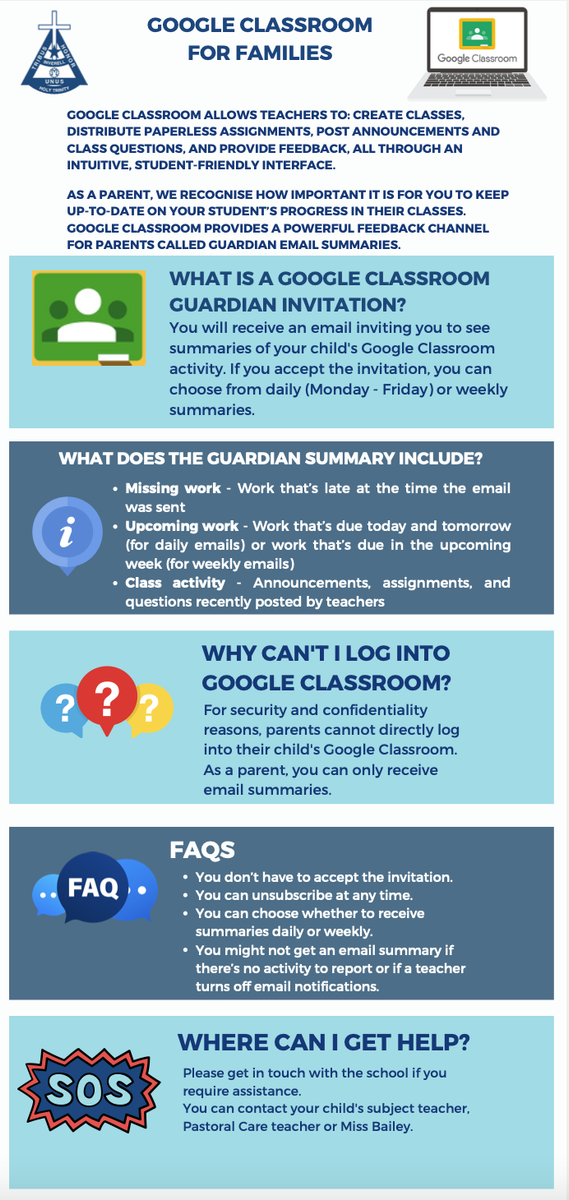

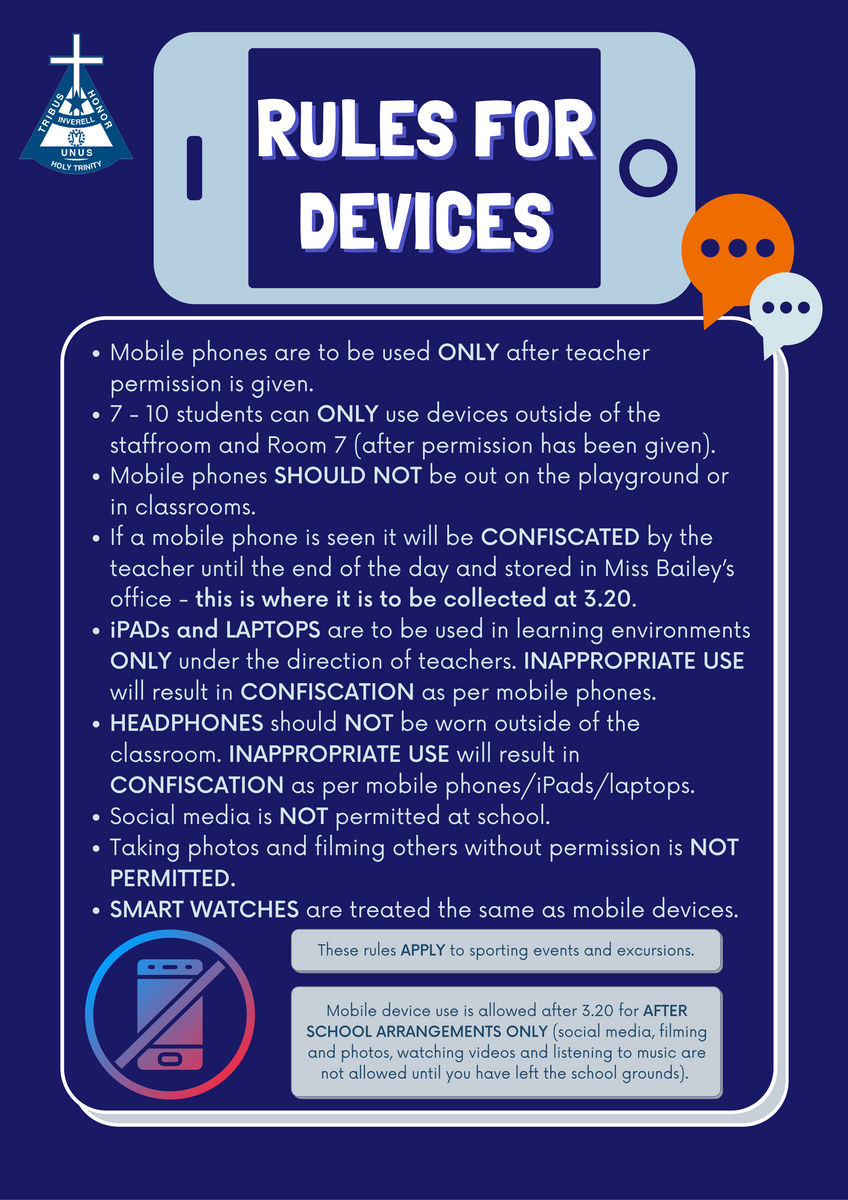

Students are not permitted to use their devices unless instructed by a teacher. This includes both the classroom and the playground. The students are aware of this policy and receive constant reminders in Pastoral Care, their teaching classes and there are also many posters displayed all around the school.
If a student needs to use their device, they must first seek permission from a teacher and use it in an area designated by the teacher. This is usually under their direct supervision or outside the Secondary staffroom.
If students are unable to follow this policy, their phones are confiscated and placed securely in Miss Bailey's office, where they are collected by the student at the end of the school day.
Teachers record each time a device is confiscated. After it is confiscated for a second time, it remains at school until it can be collected by a parent or carer.
Some students take a long time to realise that there are actually two types of work in secondary school. There is the obvious work, the work your teacher specifically tells you to do and that is compulsory: homework, working on assignments, preparing for tests and assessments. However, students who get good results in school take a larger measure of responsibility for their learning. This means that on the nights when they do not have much compulsory work, they also do independent learning. These are the additional things you do, if you have no other schoolwork to do that night, to improve your understanding of your subjects. It is what students who get good marks are doing, they are just not talking about it to their friends!
Examples of independent learning:
Some nights, you will not have time to do any independent learning. On other nights, you will have no homework and will spend the whole time allocated to schoolwork for that night working on independent learning tasks. Your teacher may even give you a sheet that has suggestions for independent learning work for that subject. If you are unsure, you can always ask. This means in secondary school you can never say ‘I have nothing to do’ – this really just means ‘I have nothing compulsory to do at the moment!’.
One component of independent learning in high school is making your own study notes or summaries.
Are you tired of spending countless hours on assignments only to realise that much of that time was wasted on unnecessary tasks? It's time to work smarter, not harder, and the key lies in understanding the 80-20 rule.
The 80-20 rule, also known as the Pareto Principle, suggests that 80% of results come from just 20% of efforts. How can you apply this principle to your studies? Let's break it down.
Remember, every task consists of three components: the destination (goal), the route (plan), and the action (steps). By focusing on the critical 20% of each component, you can optimise your study approach for maximum efficiency and results.
In your academic journey, prioritise activities that align with your goals and contribute the most to your success. By adopting the 80-20 mindset, you'll not only save time but also achieve better outcomes with less effort.
So, the next time you embark on a study session or tackle an assignment, think about the 80-20 way of working smarter, not harder. Identify the tasks and actions that truly matter, and focus on these.
If you have any questions or concerns about your child's learning or wellbeing, please make contact with Miss Bailey, your child's Pastoral Care teacher or their subject teacher. We are only too happy to assist.
Year 7:
7E - Mr Peter Ehsman
7J – Mr Jack Jeffery
7K - Miss Kristina Majetic
7M – Mrs Veronica McCormick
Year 8:
8G - Mr Anthony Gaias
8M - Mrs Christine McLachlan
8T - Mrs Kathy Townsend
8W - Mr Sam White
Year 9:
9C – Miss Claudia Cush
9E - Mrs Angela East
9U - Mr Uebergang
Year 10:
10B - Miss Kim Bailey
10K - Mr David Koch
Students and parents are encouraged to approach the relevant Pastoral Care teacher if they need assistance.
Stage Leaders
Stage 4 - Mr Anthony Gaias
Stage 5 - Mrs Angela East
Miss Kim Bailey
Miss Claudia Cush
Mrs Claudia Dolbel
Mrs Angela East
Mr Peter Ehsman
Mr Anthony Gaias
Miss Alana Goldman
Mrs Mary-Jane Guest
Mrs Malynda Hiscock
Mr Jack Jeffery
Mr David Koch
Miss Kristina Majetic
Mrs Veronica McCormick
Mrs Christine McLachlan
cmclachlan@arm.catholic.edu.au
Mr Matthew Pye
Mrs Jane Taylor
Mrs Katherine Townsend
Mr Blake Uebergang
Mrs Carrie Watchirs
Mr Sam White
Staff can be contacted directly using the email address above or via the Compass portal.